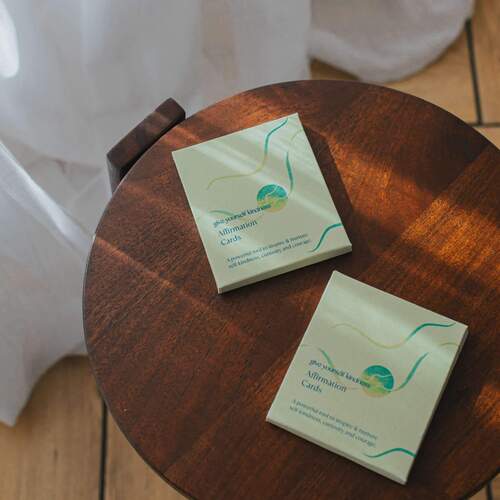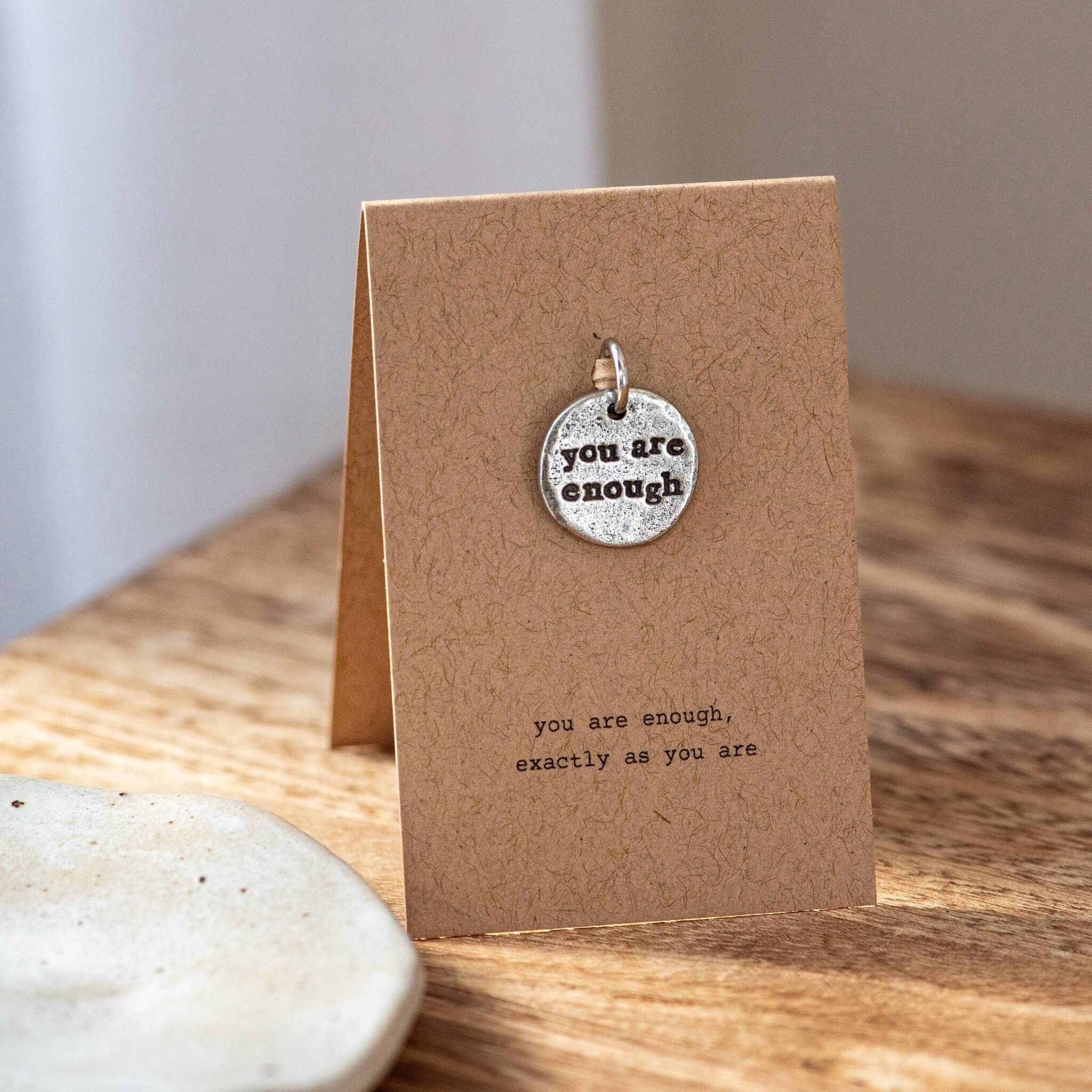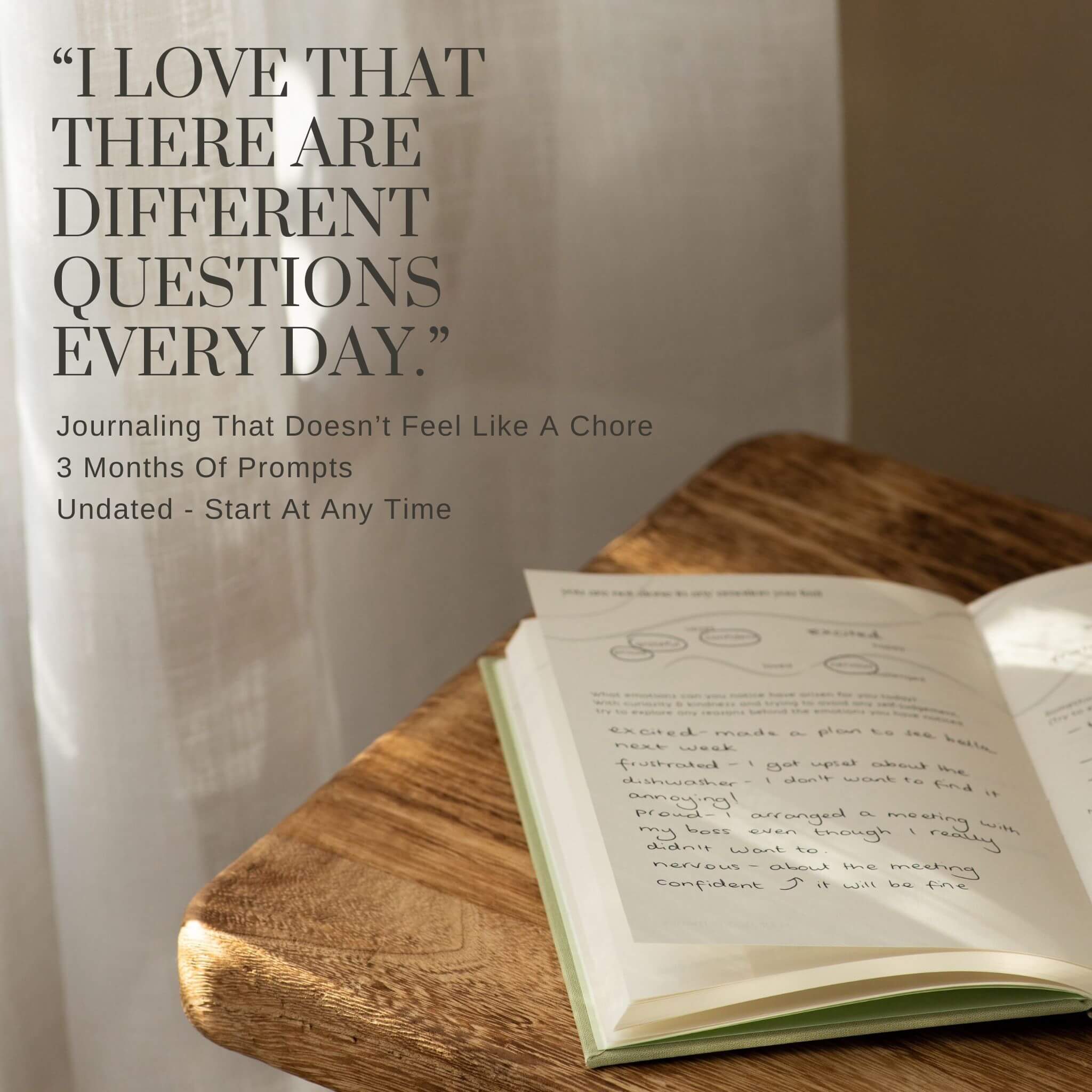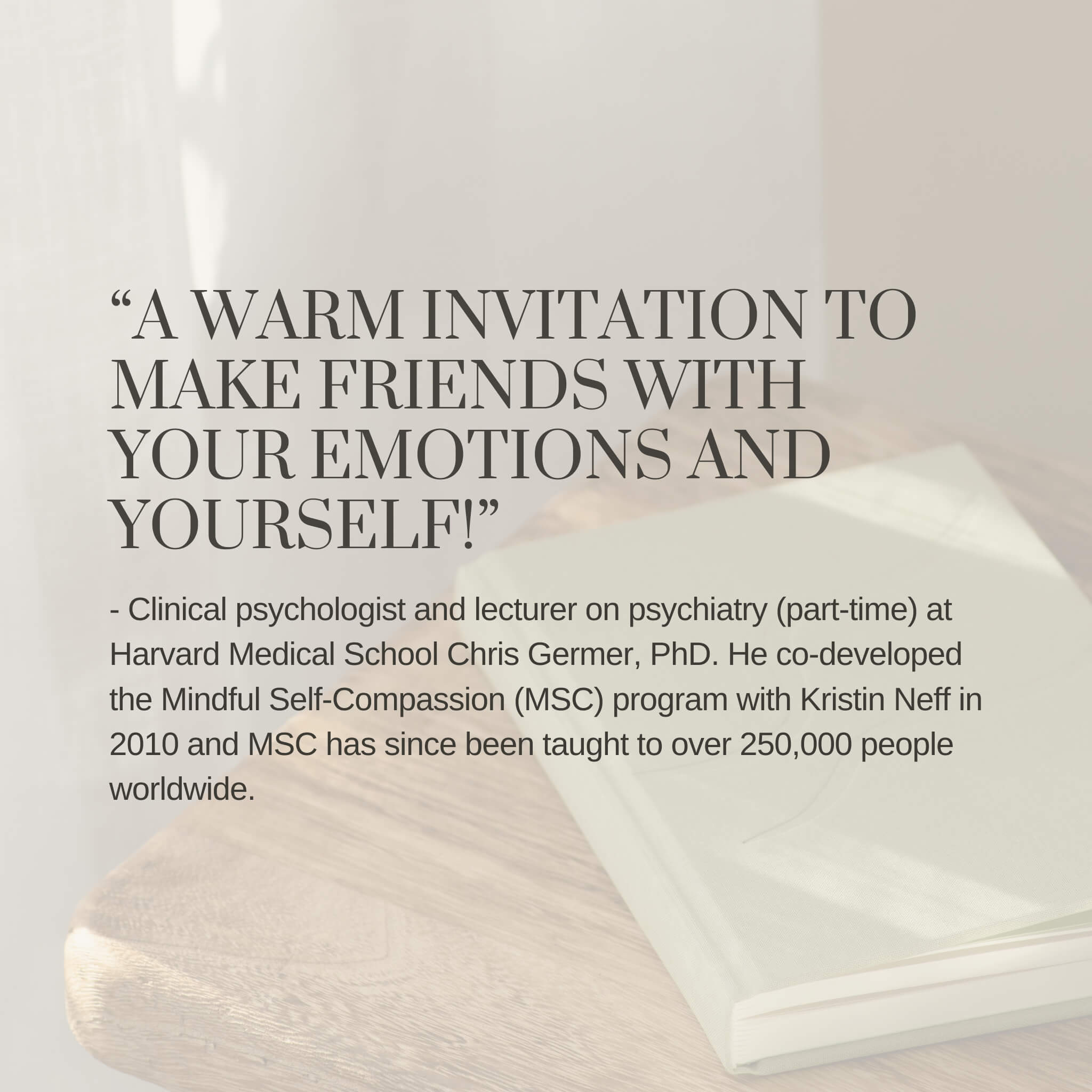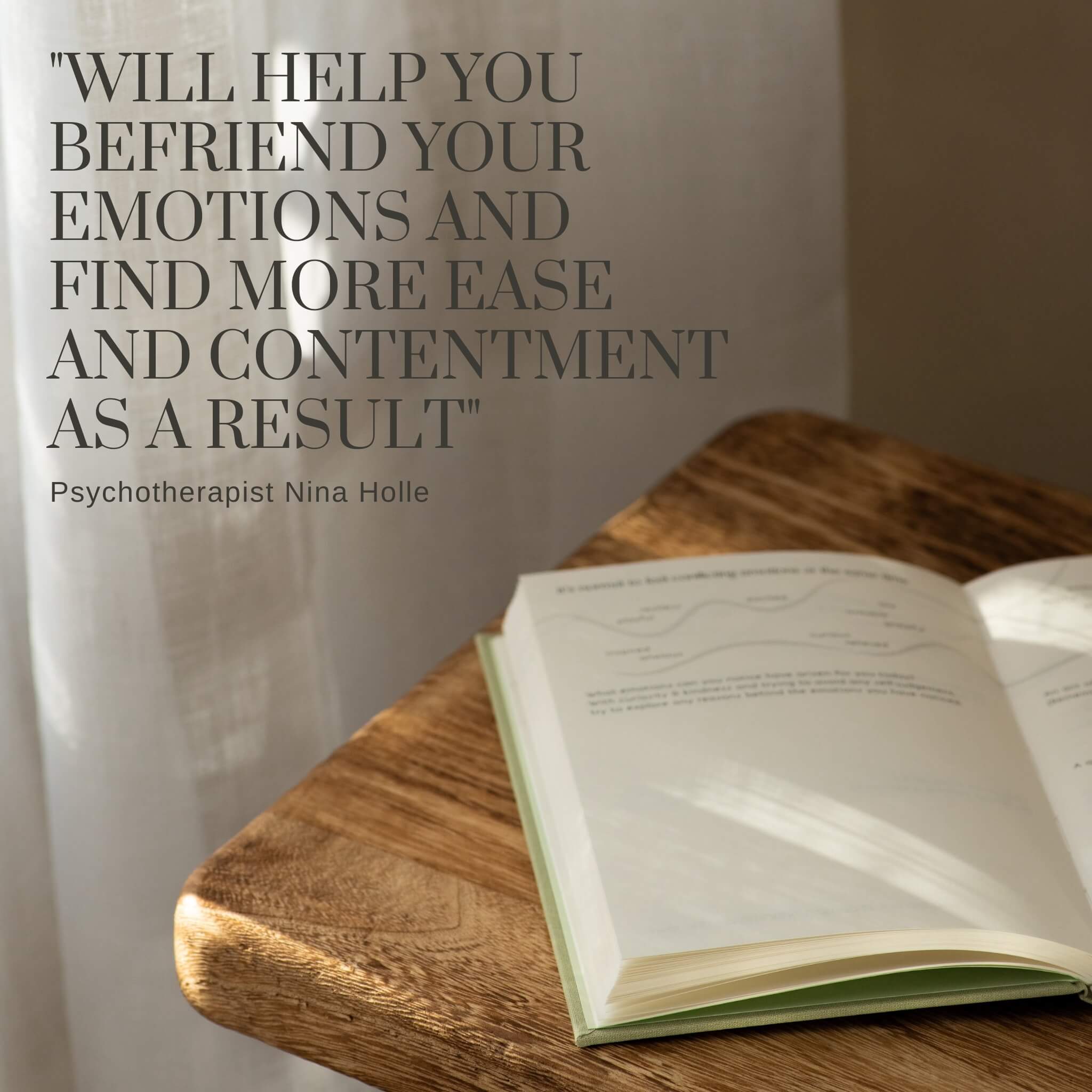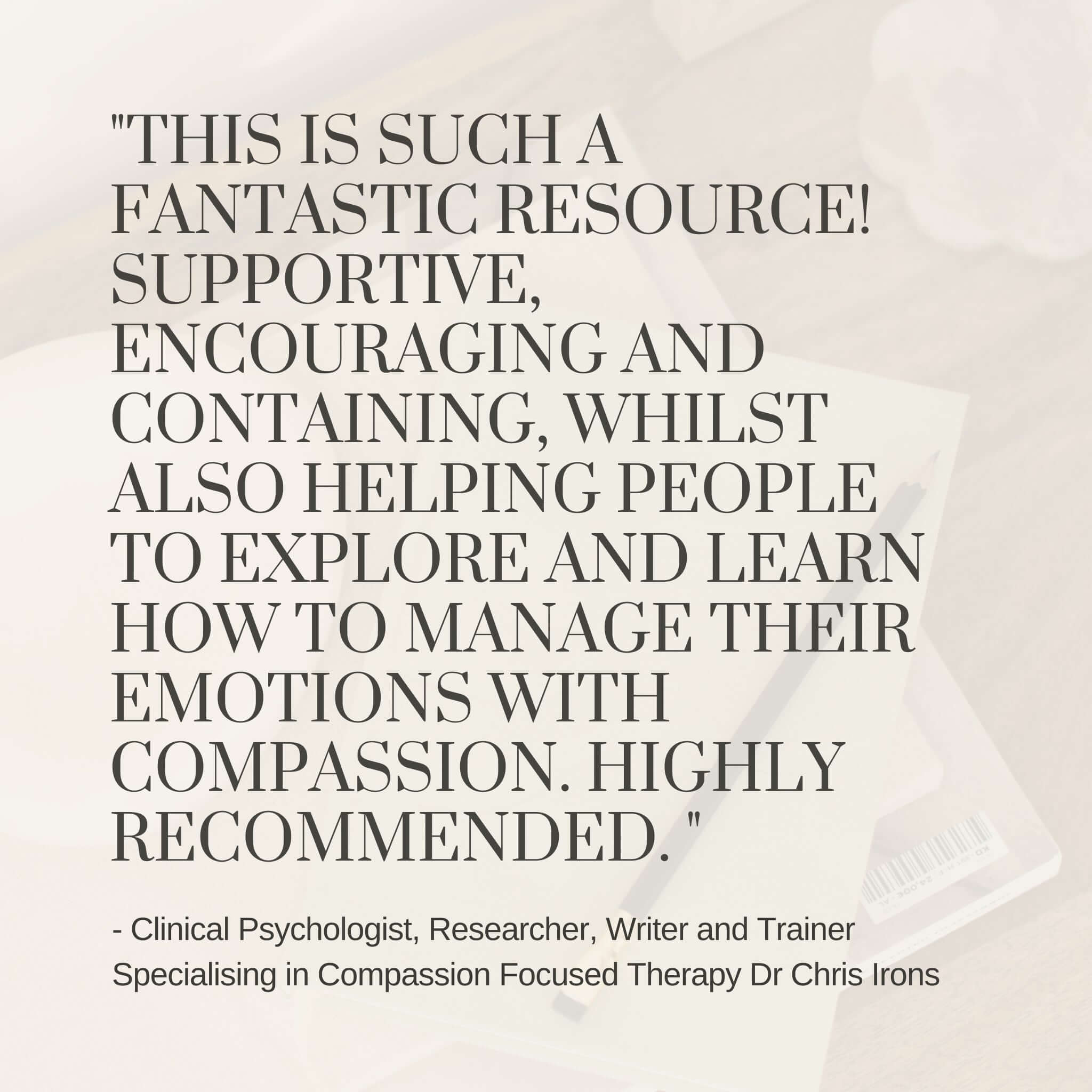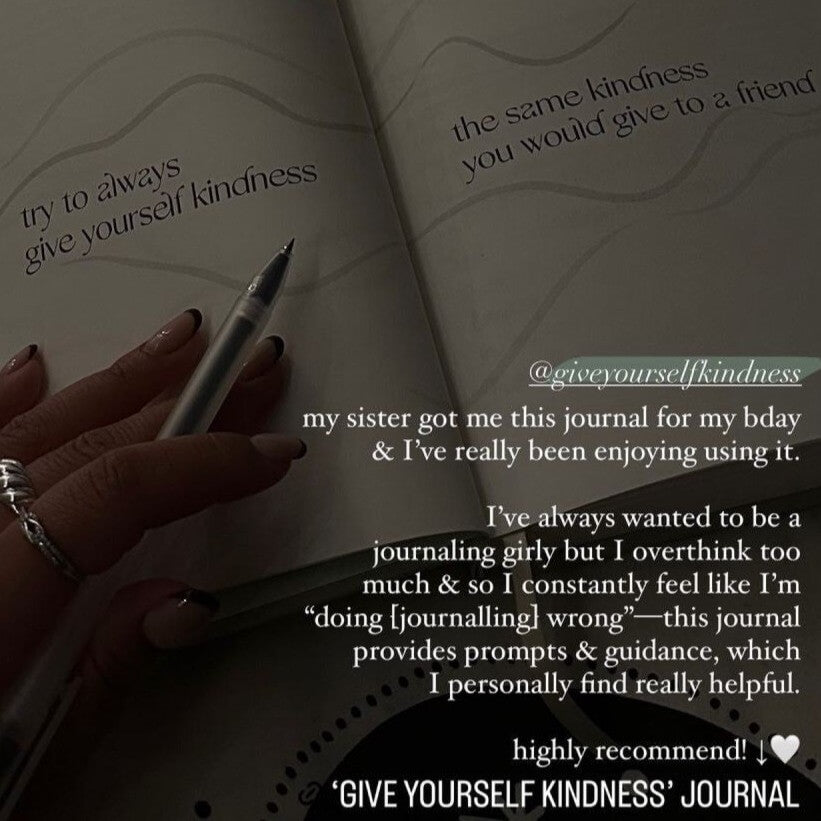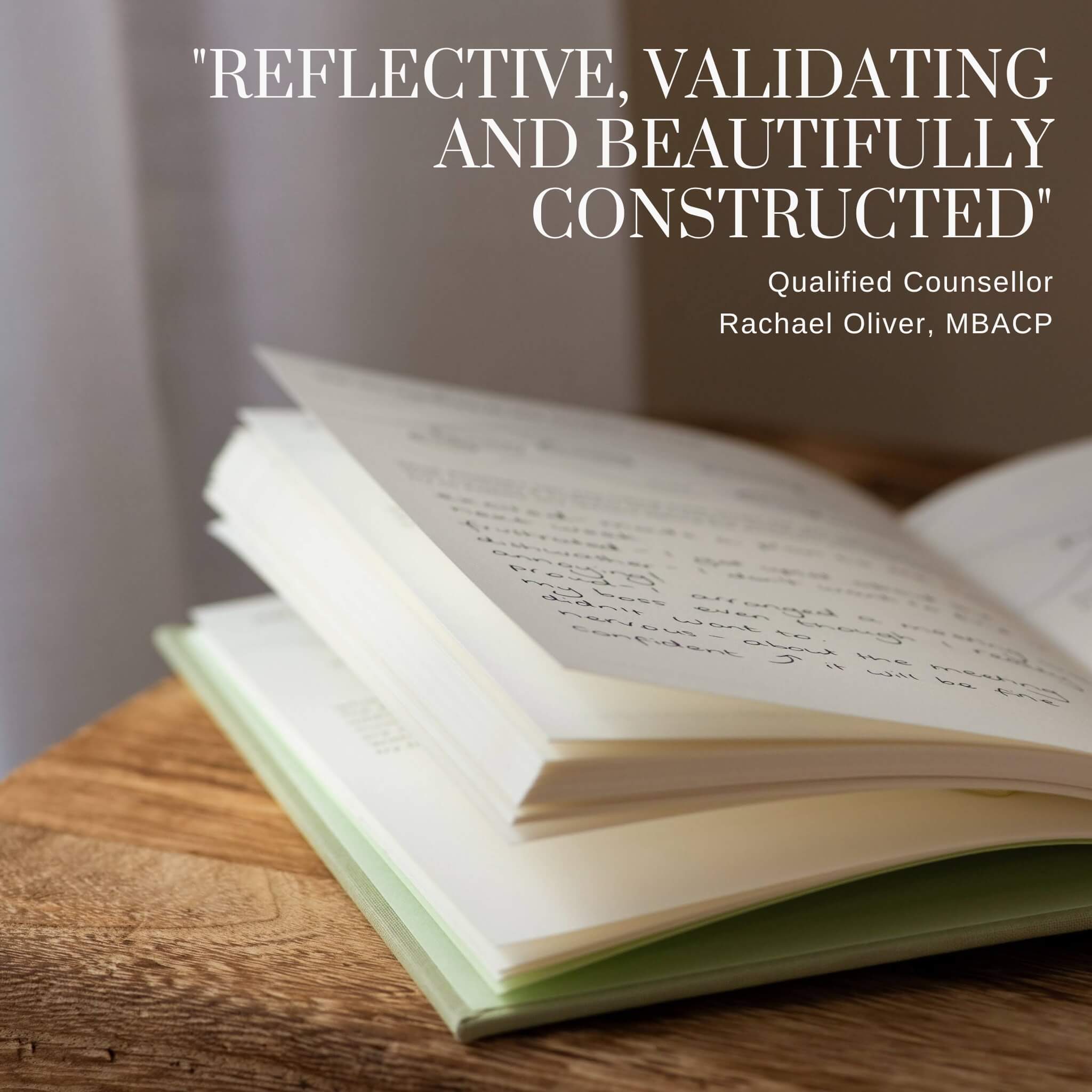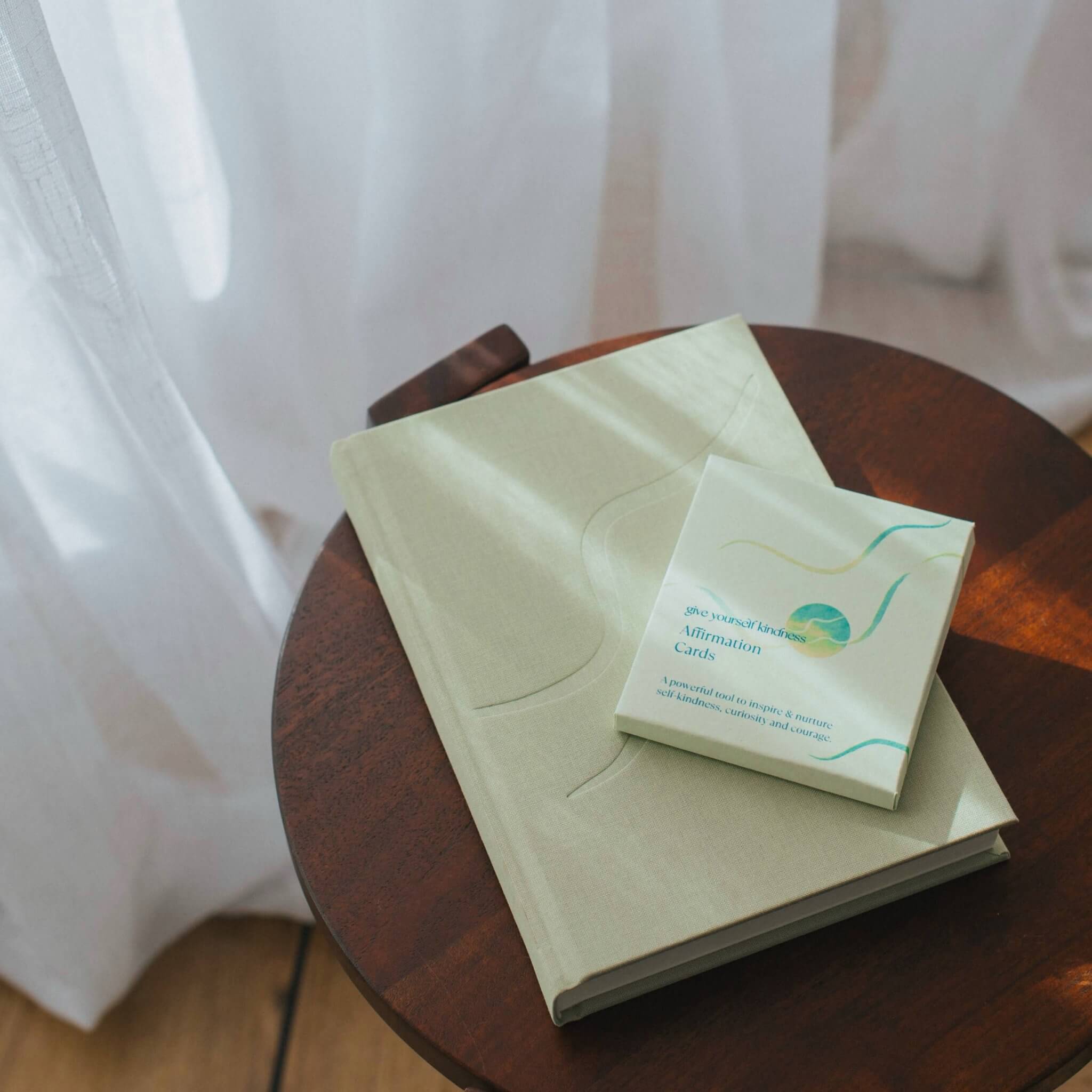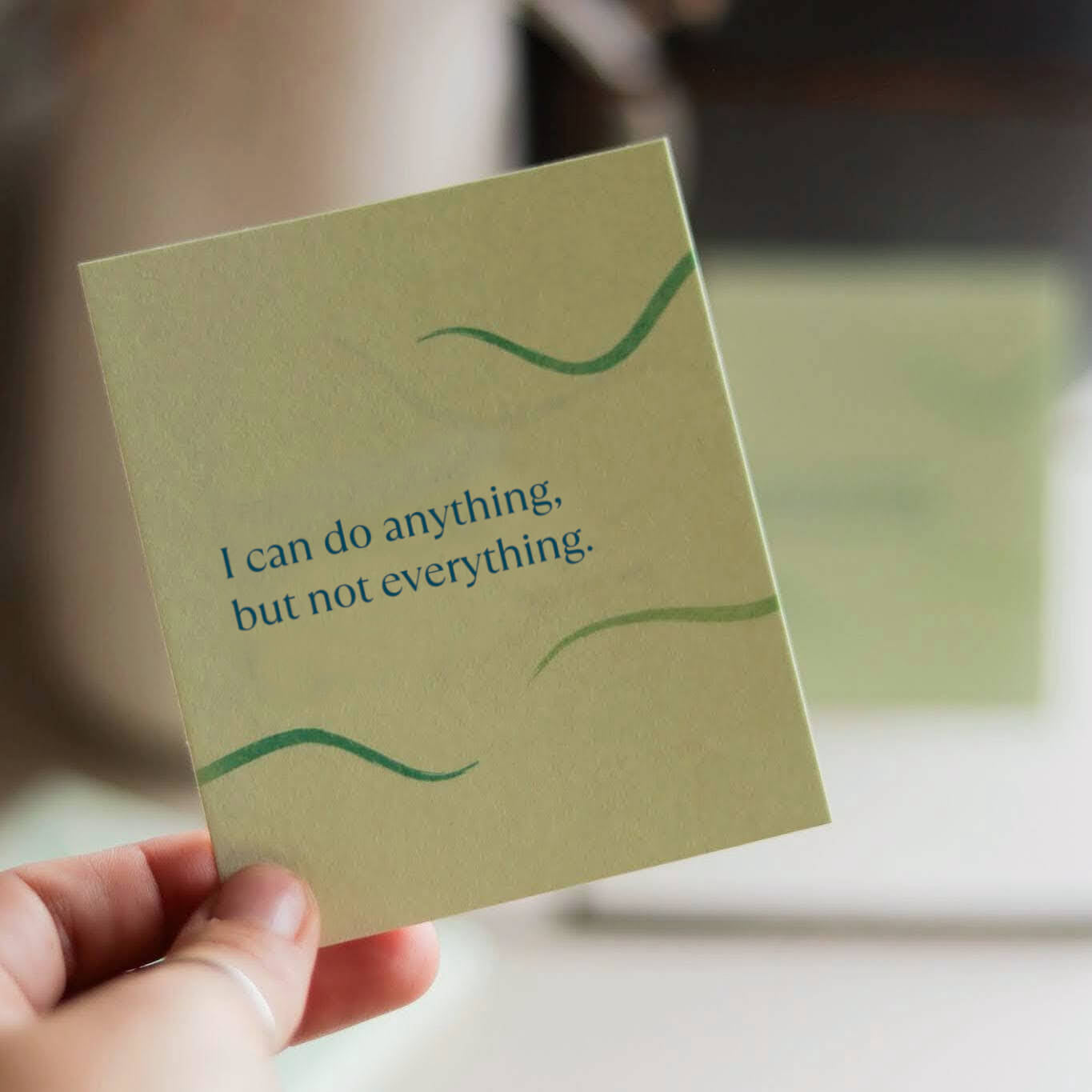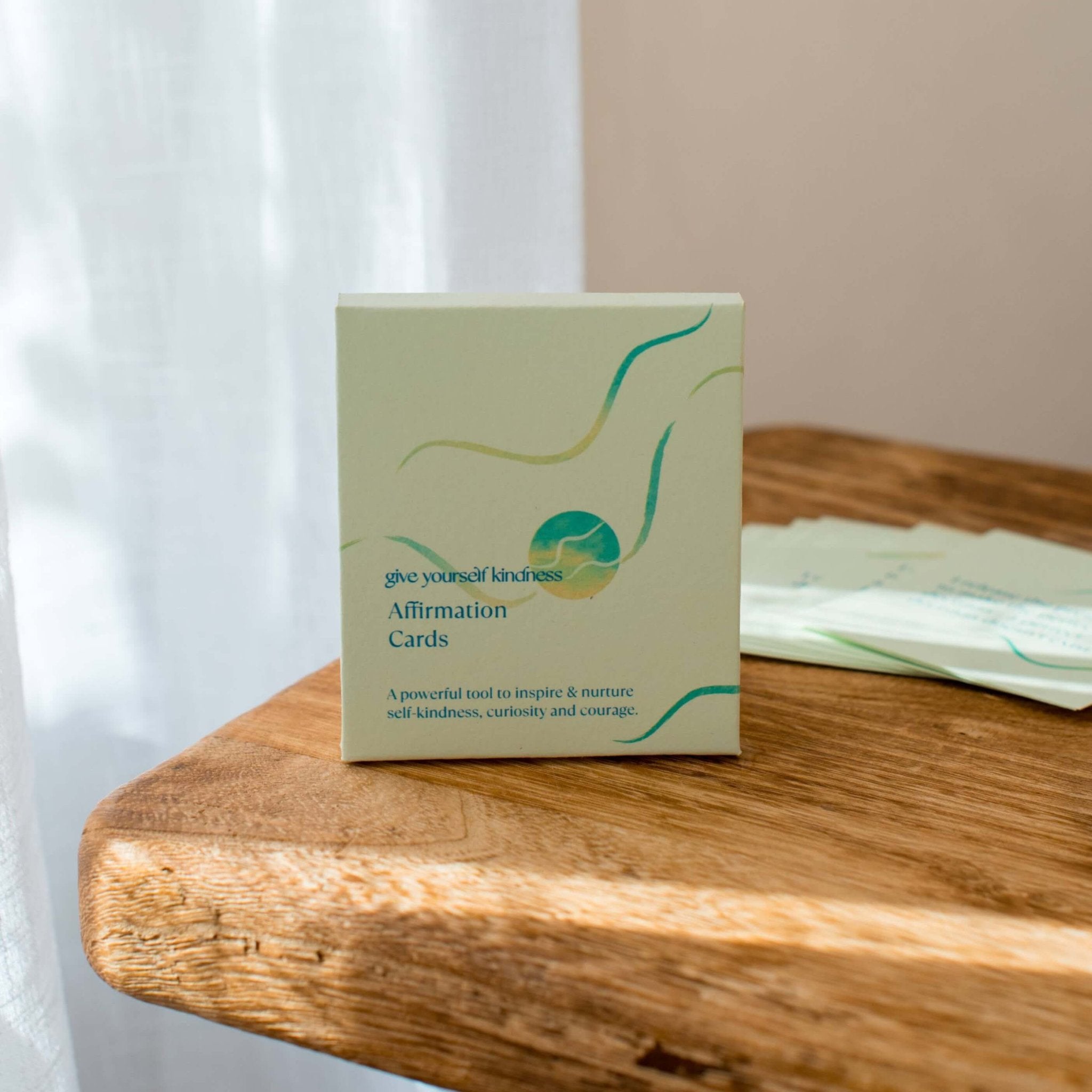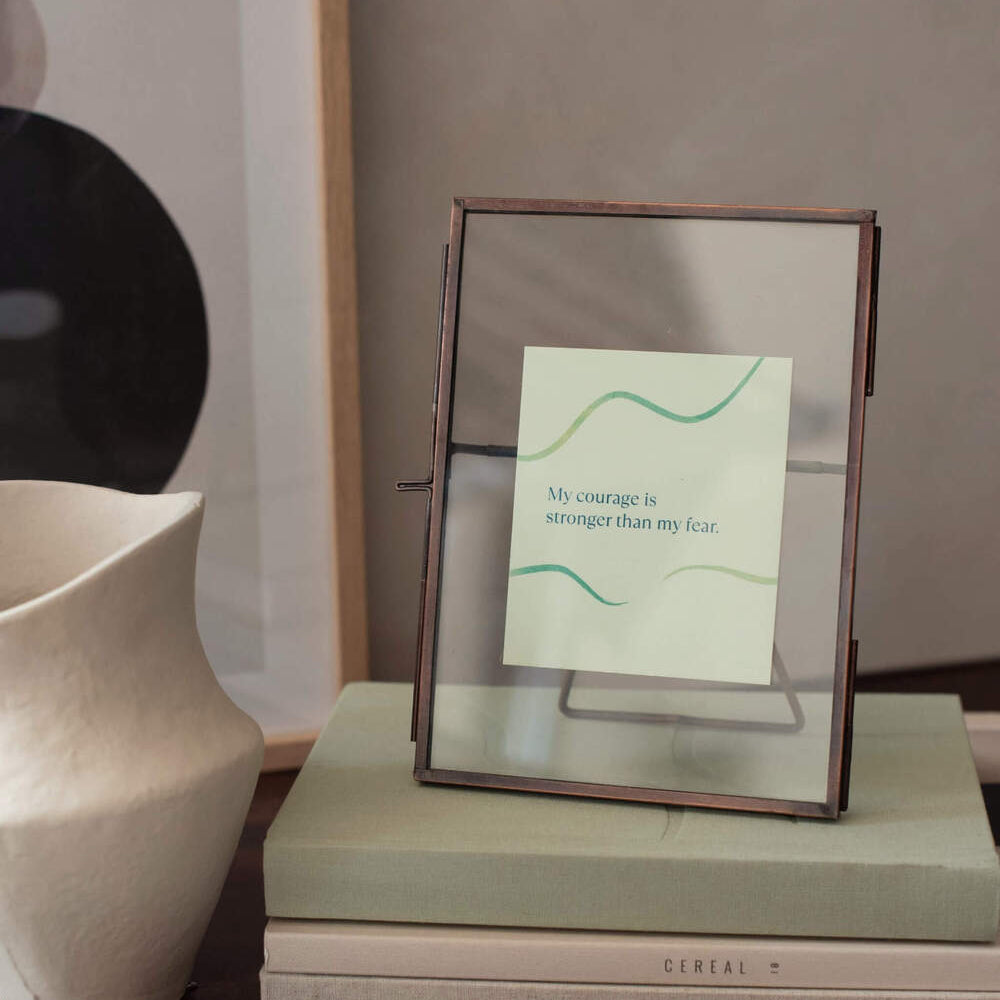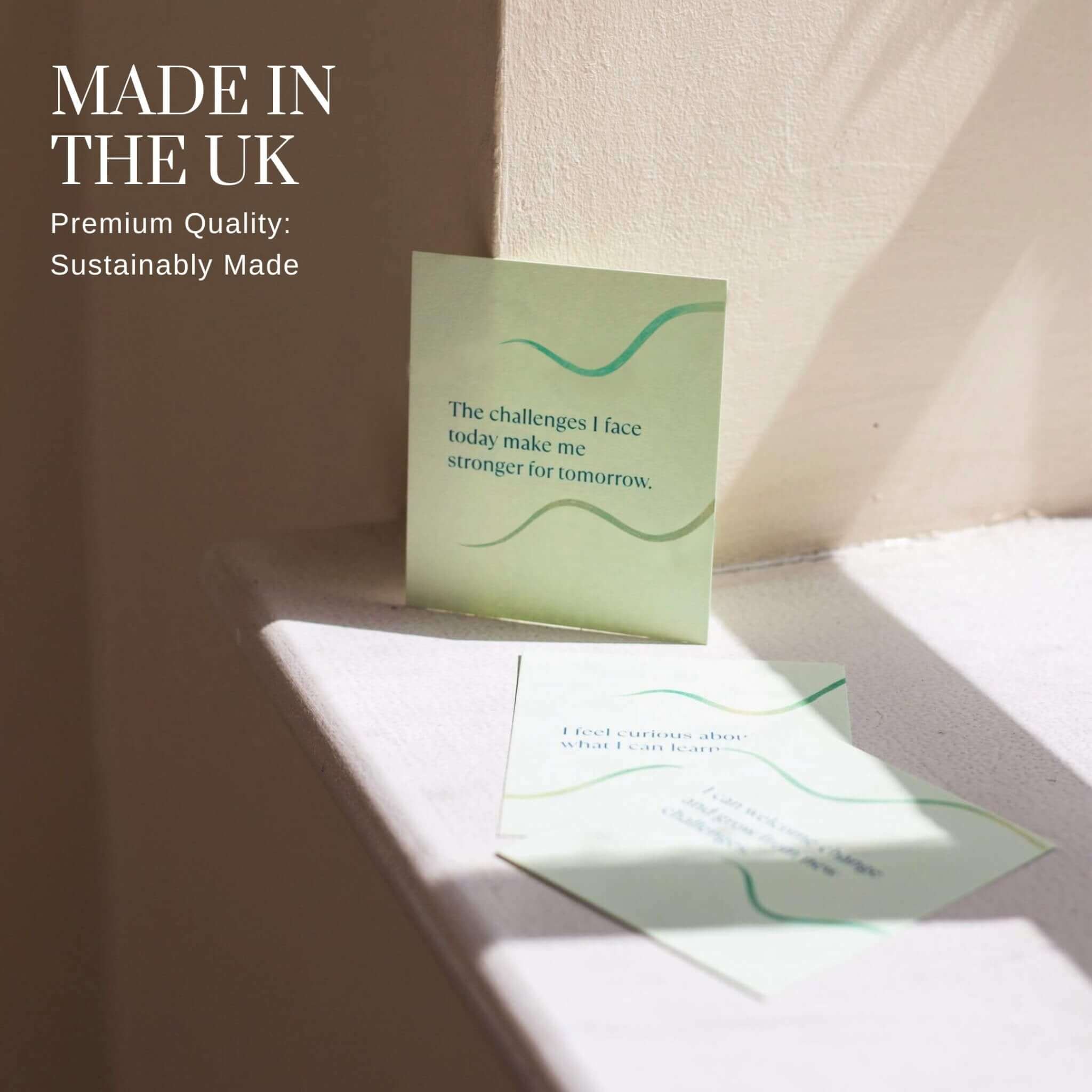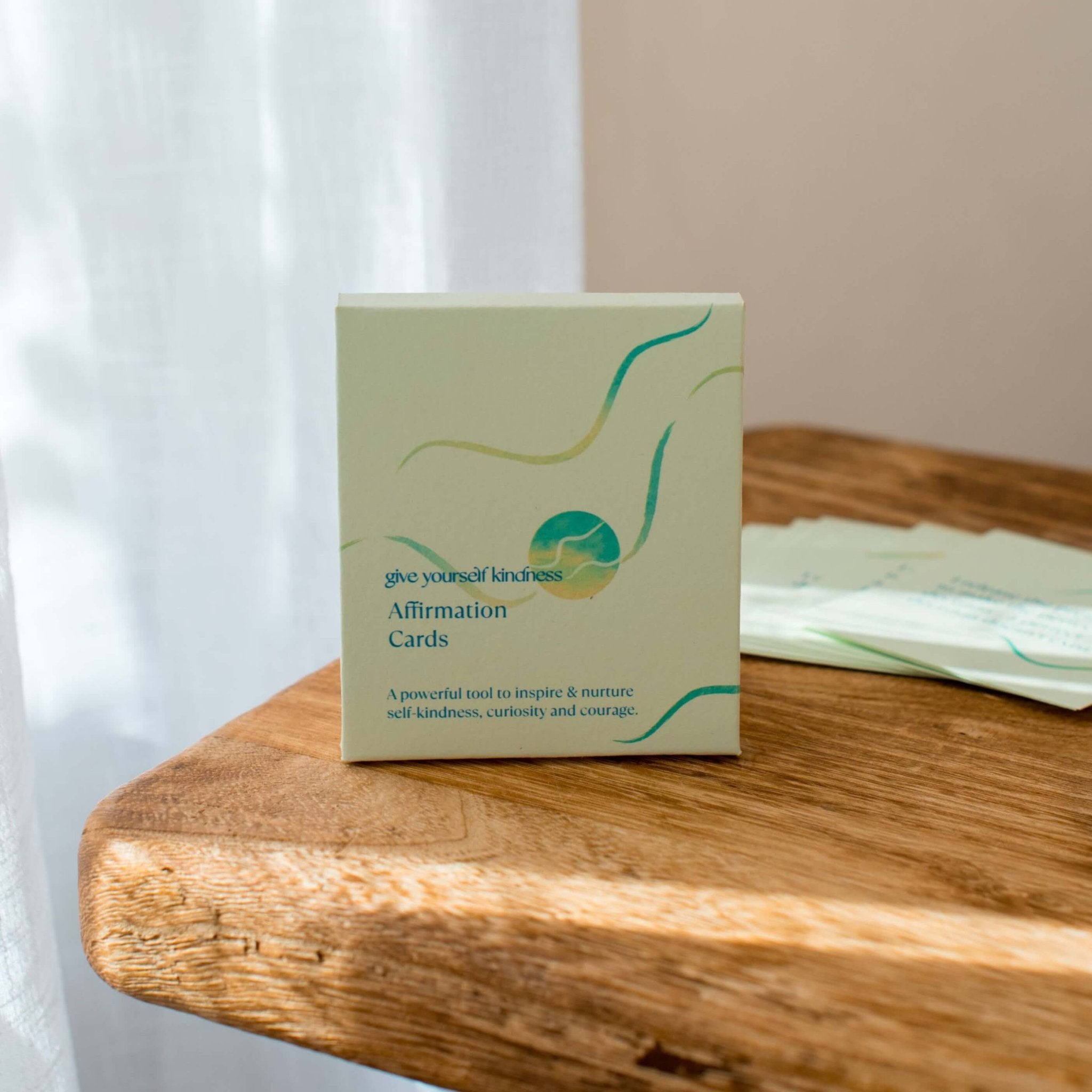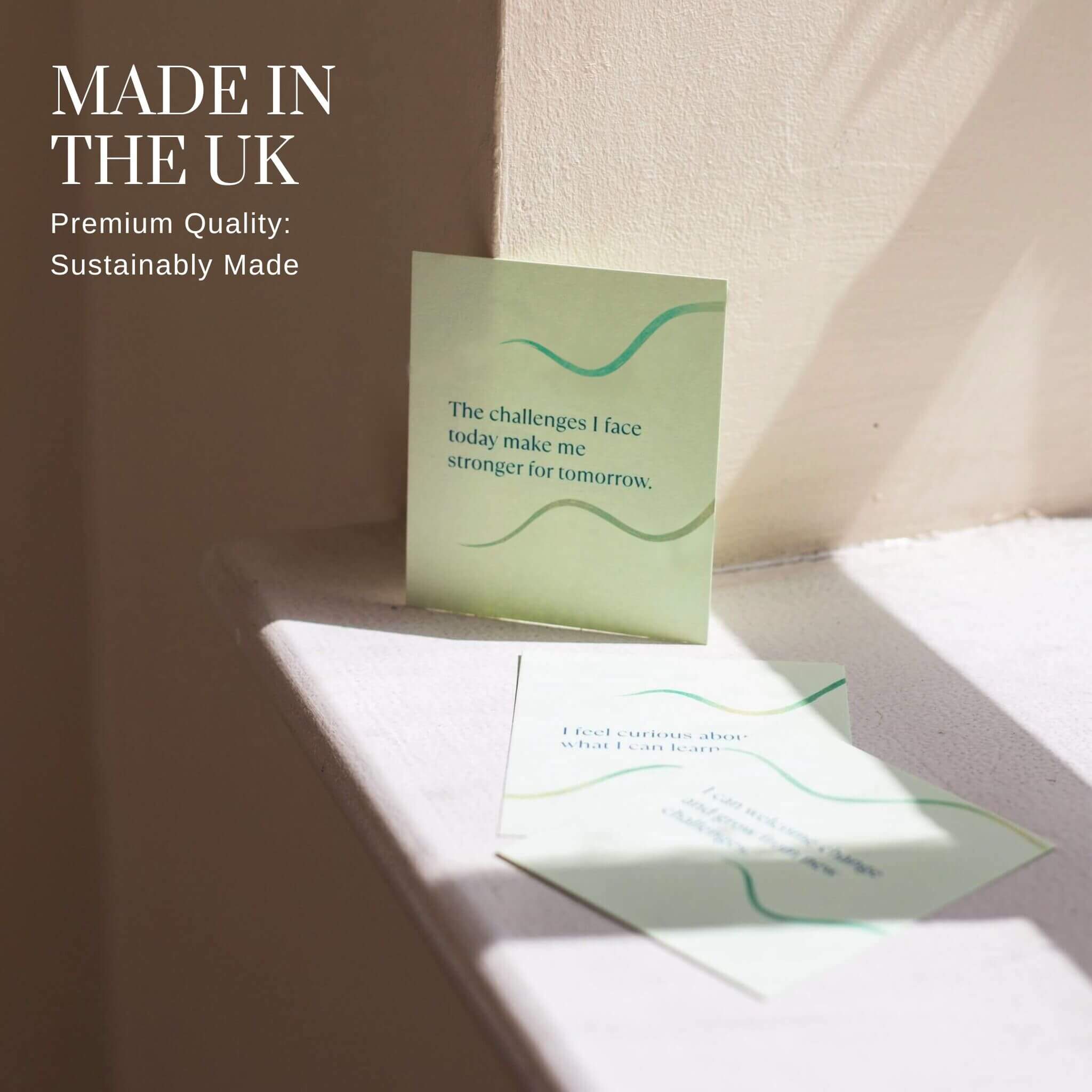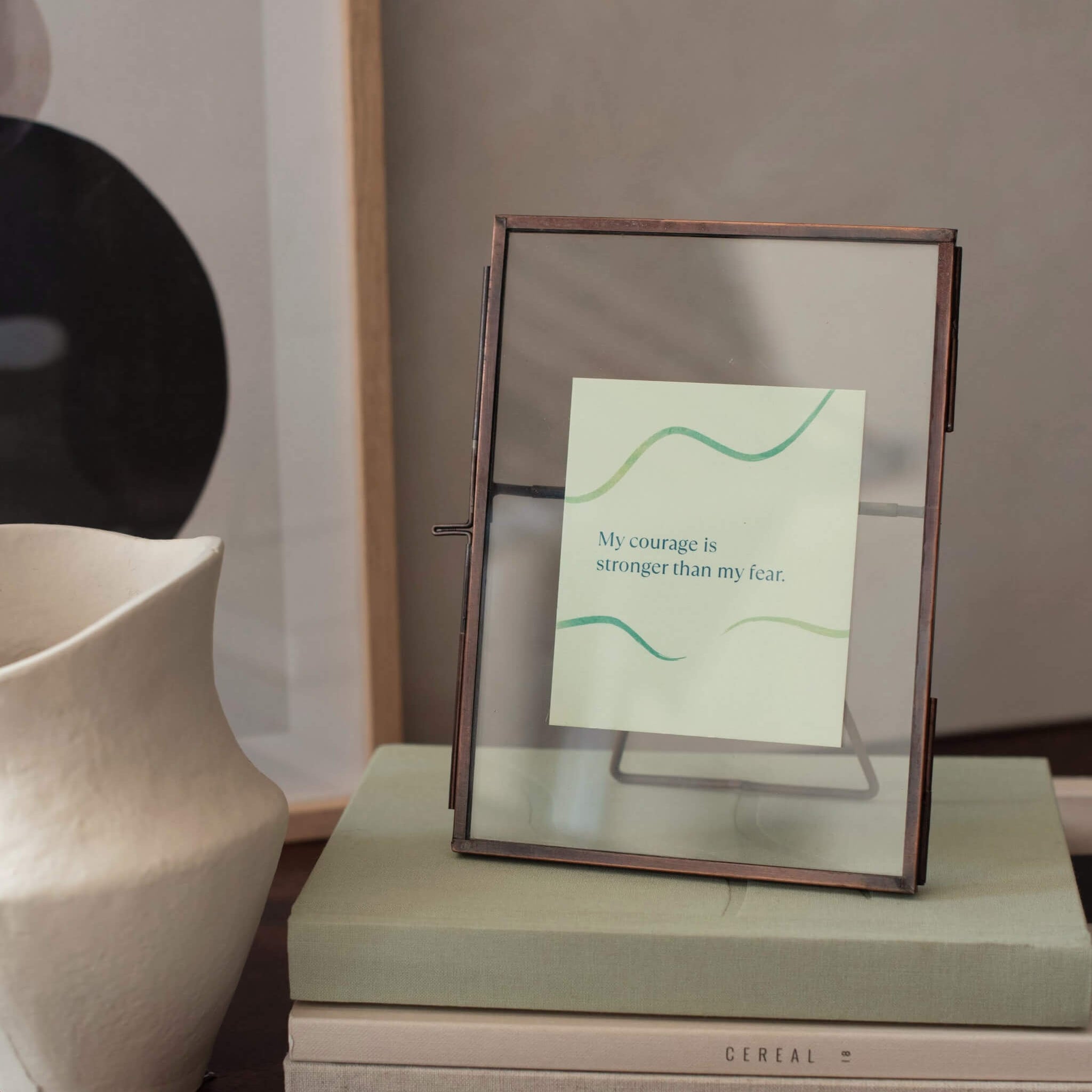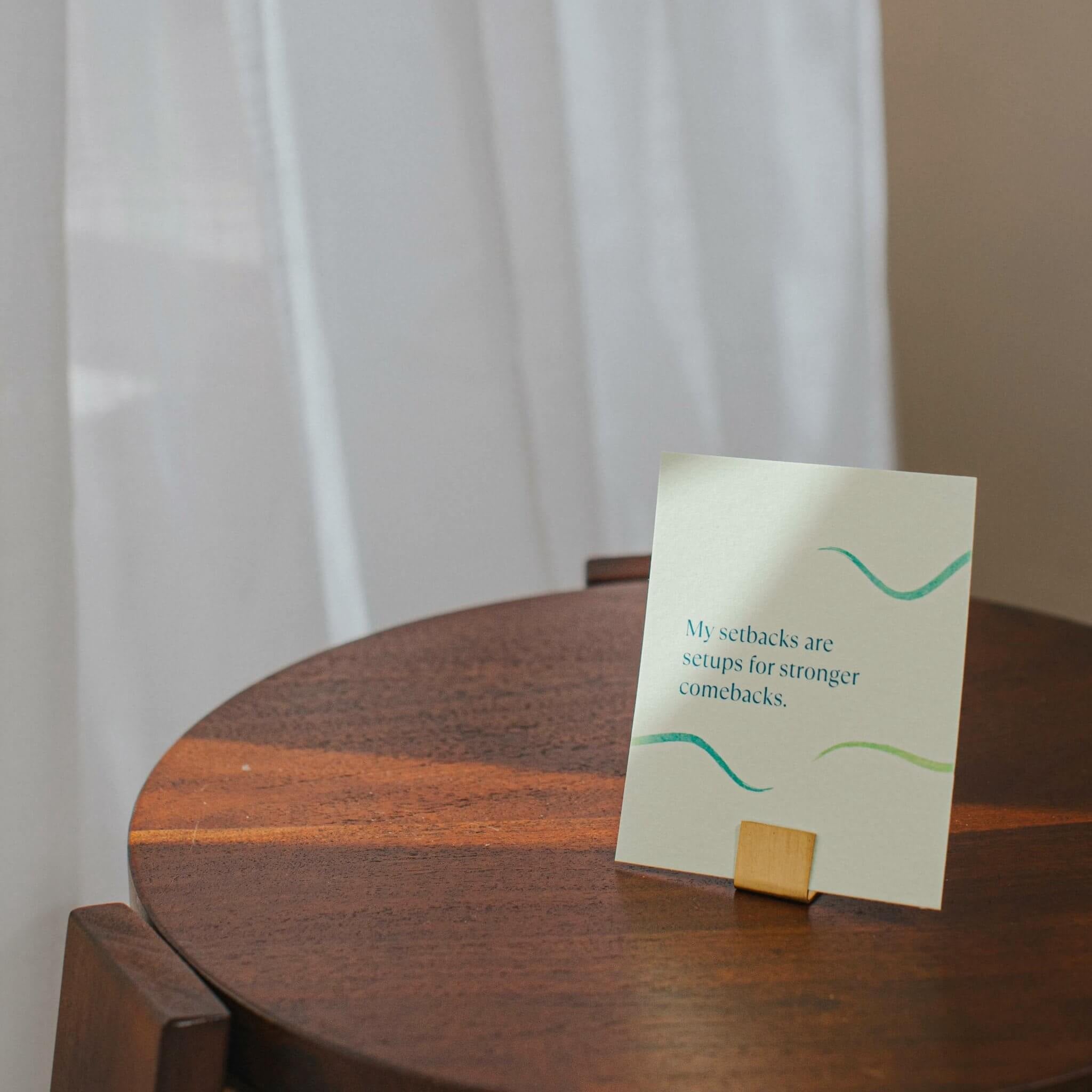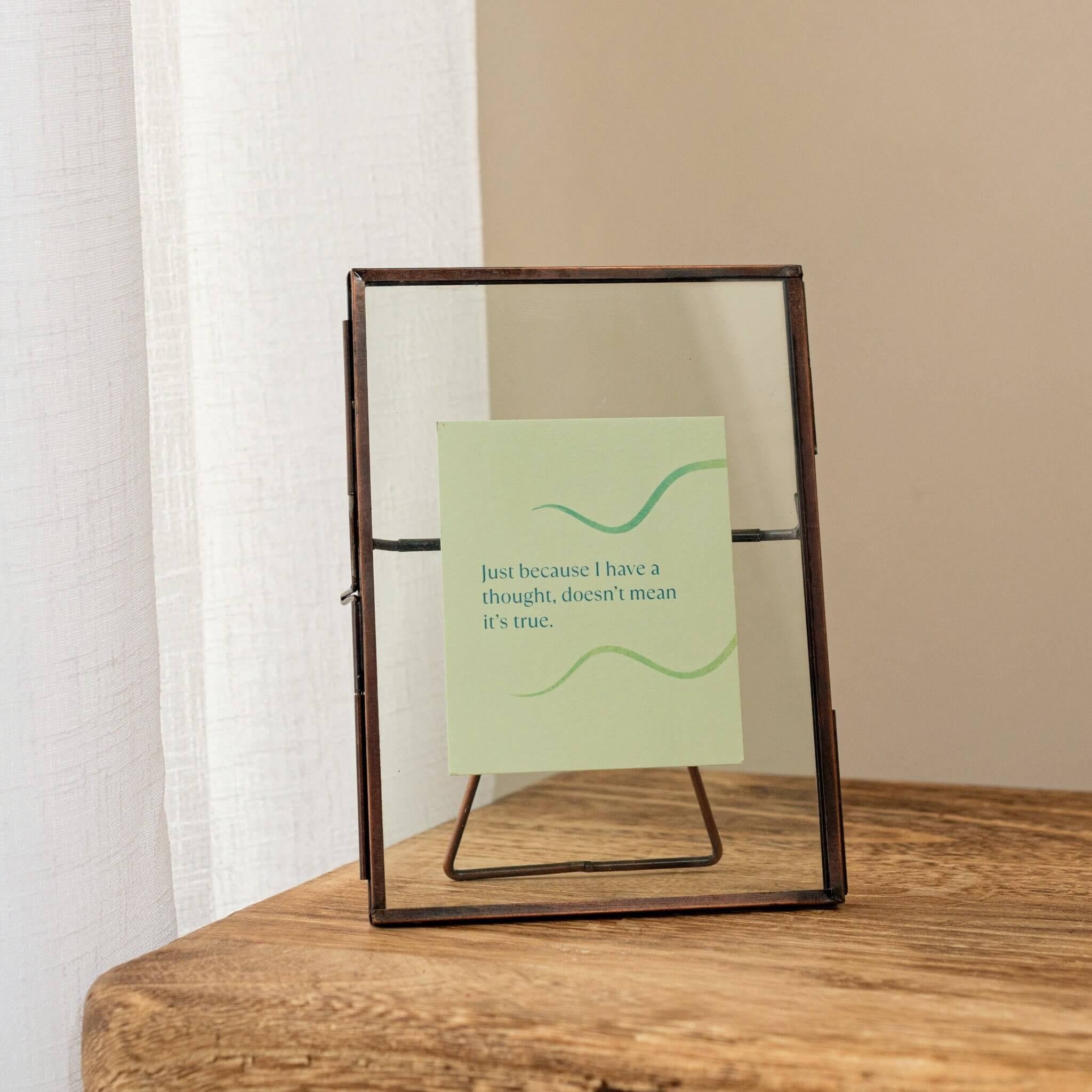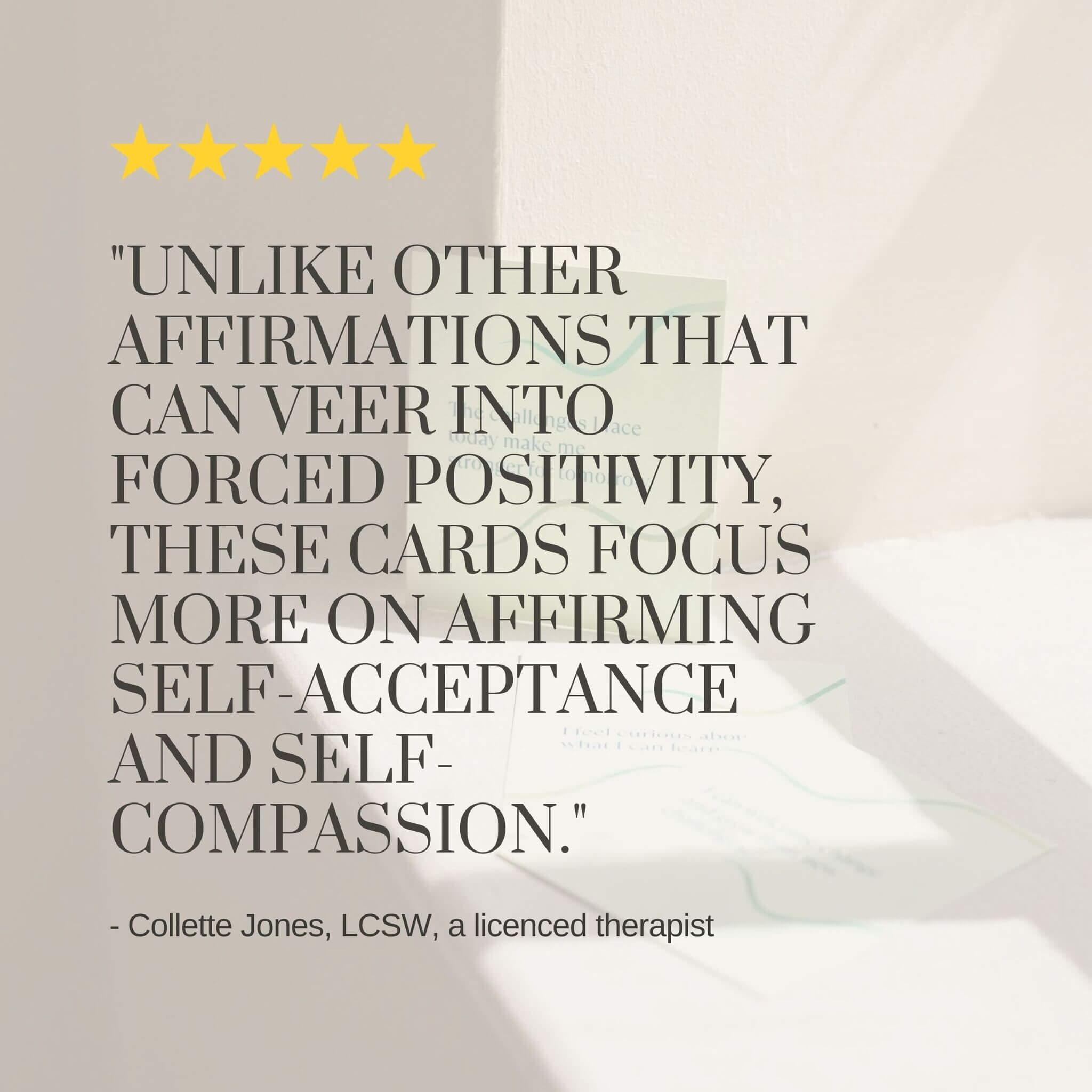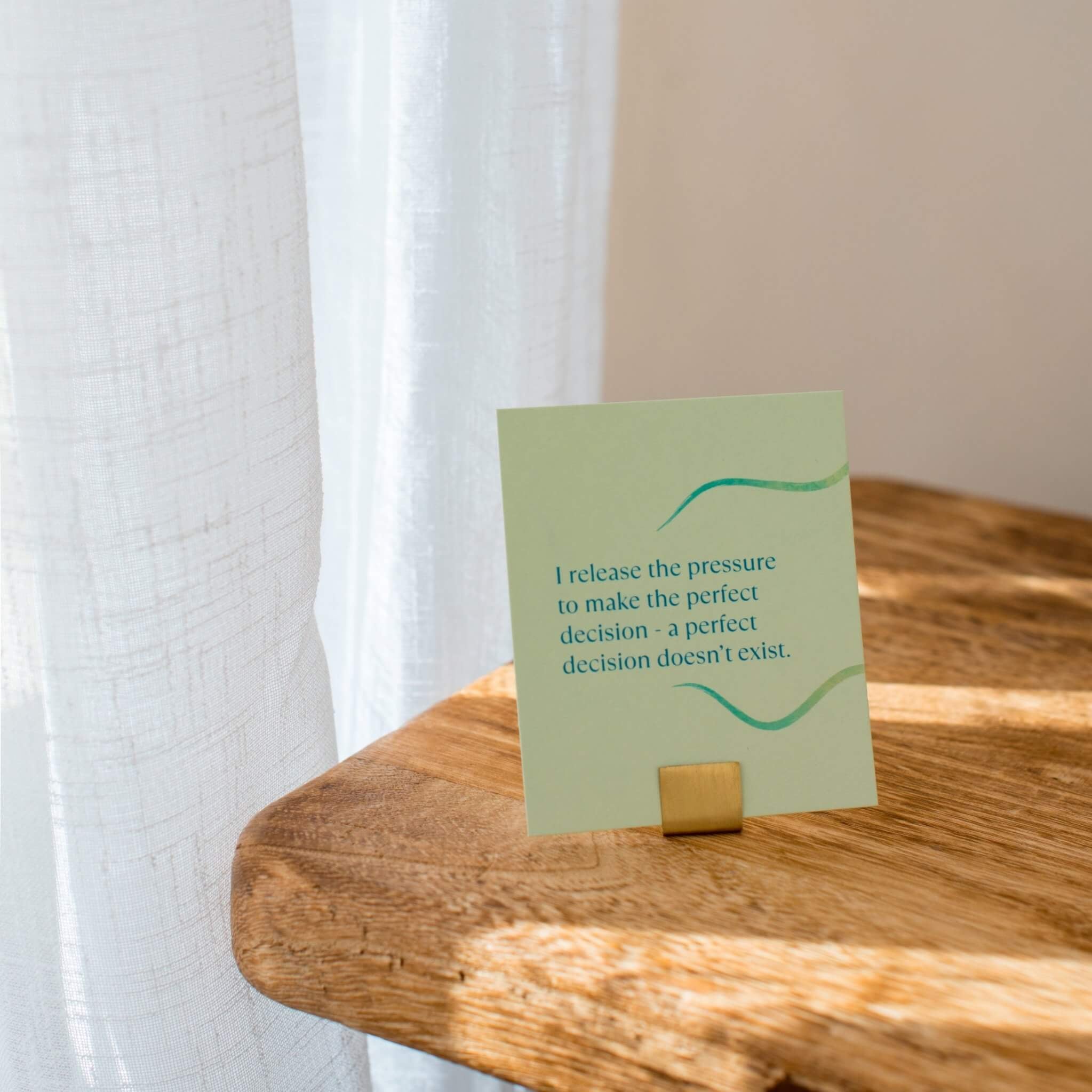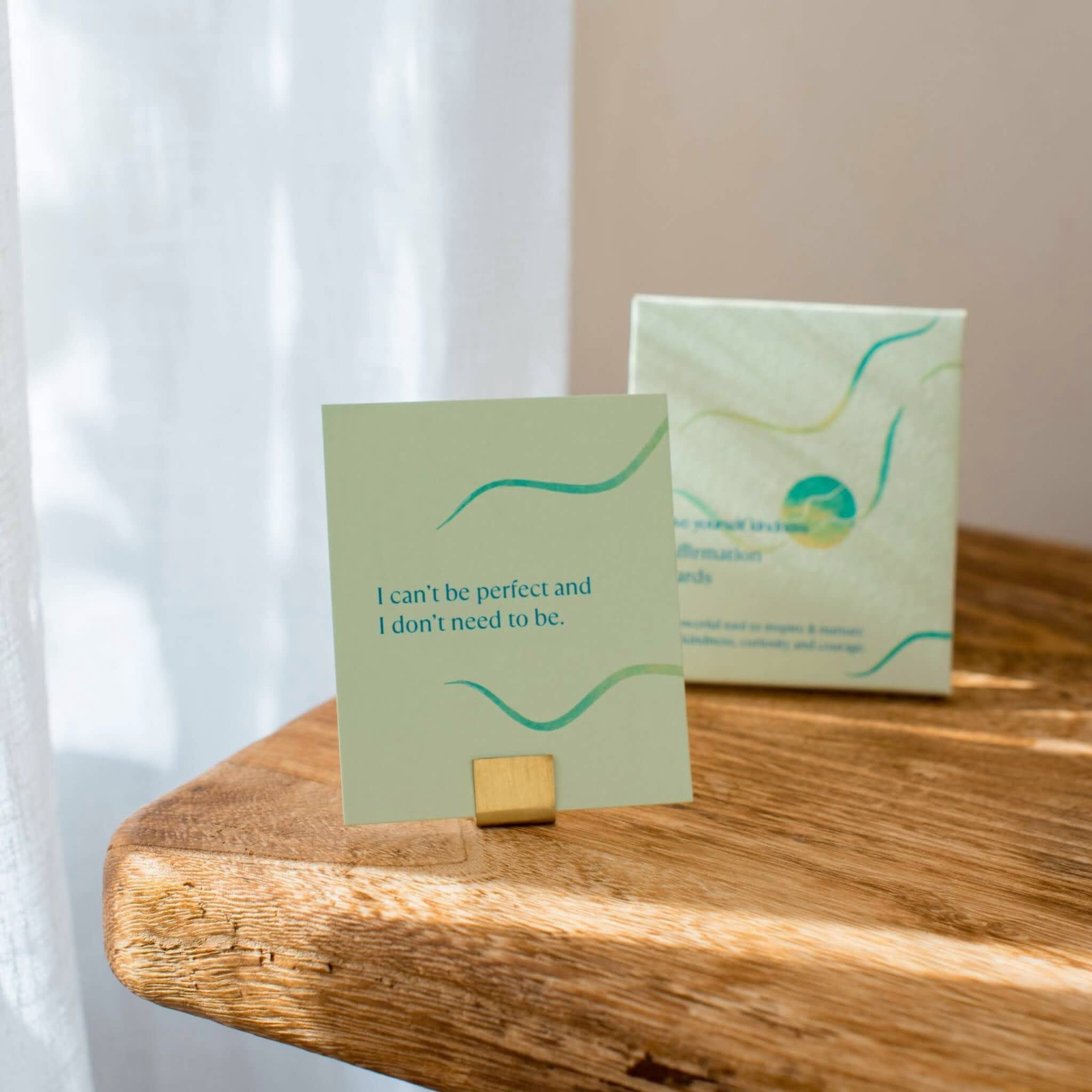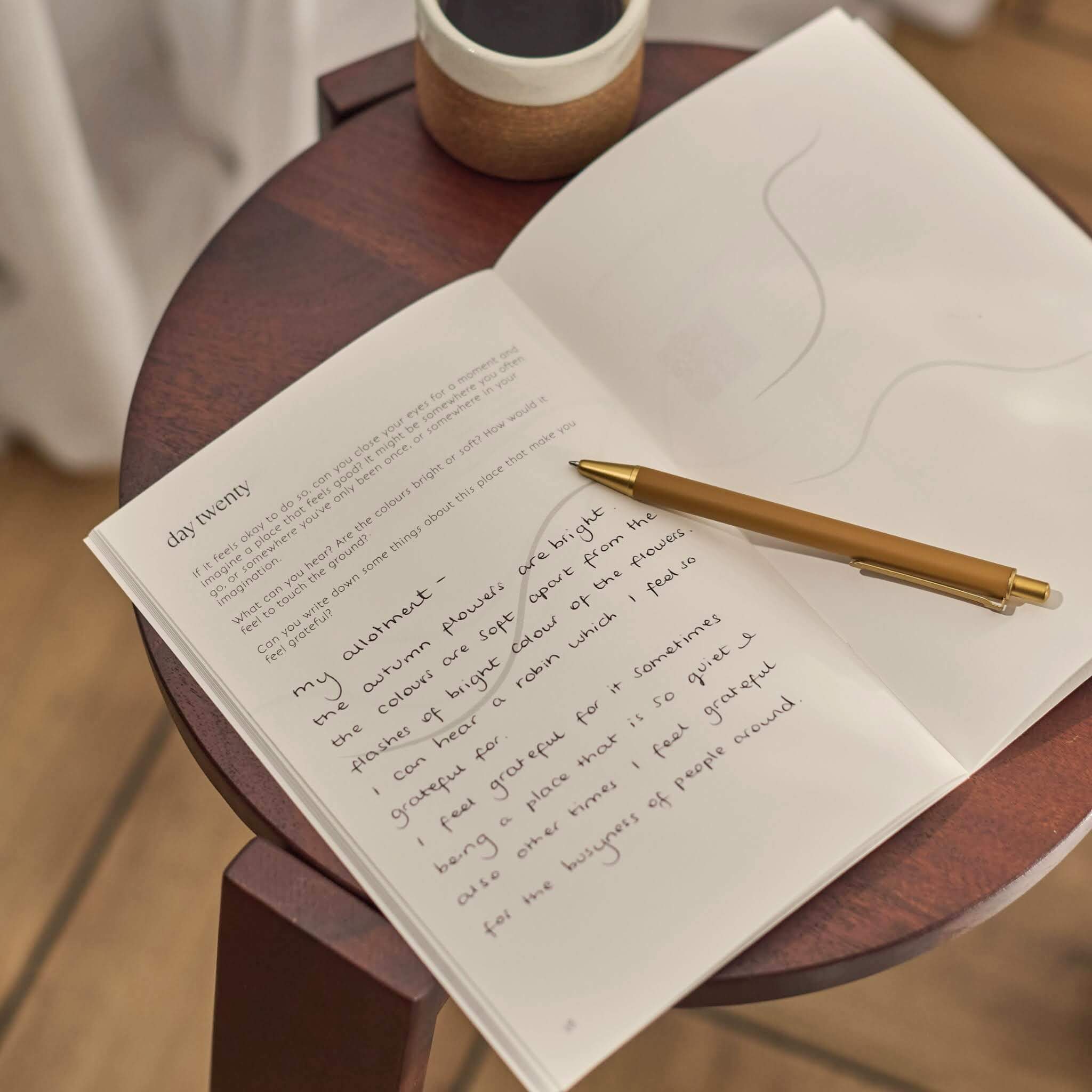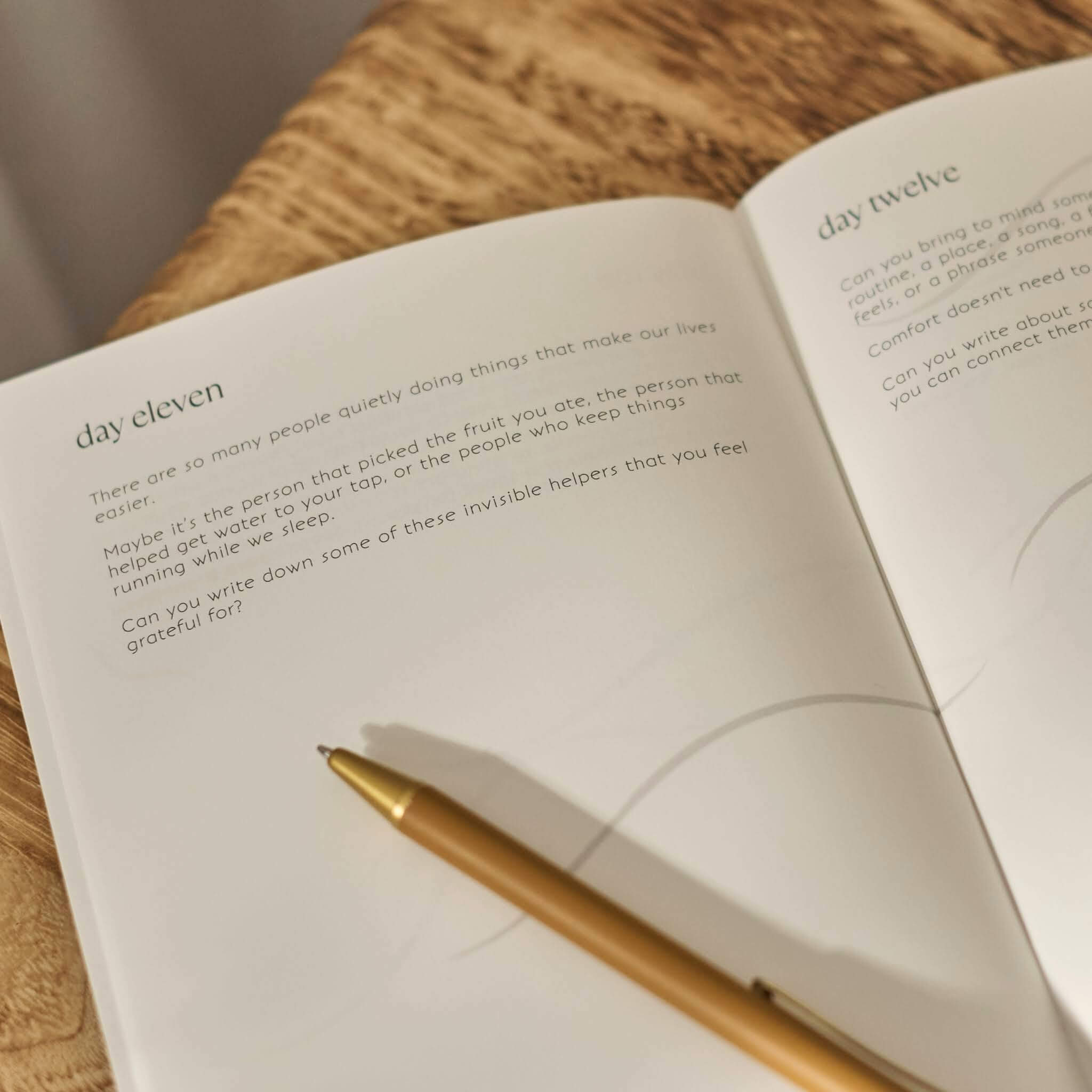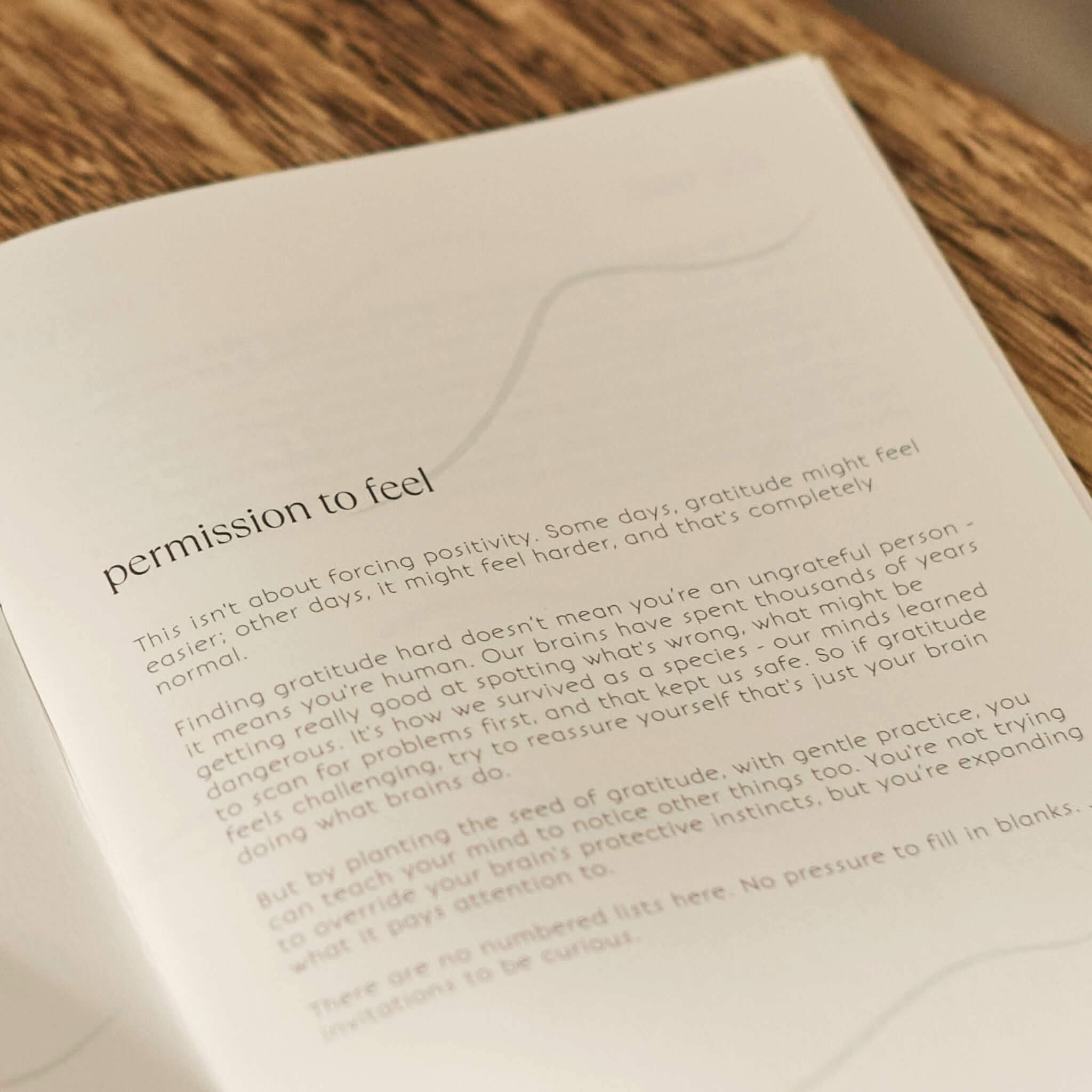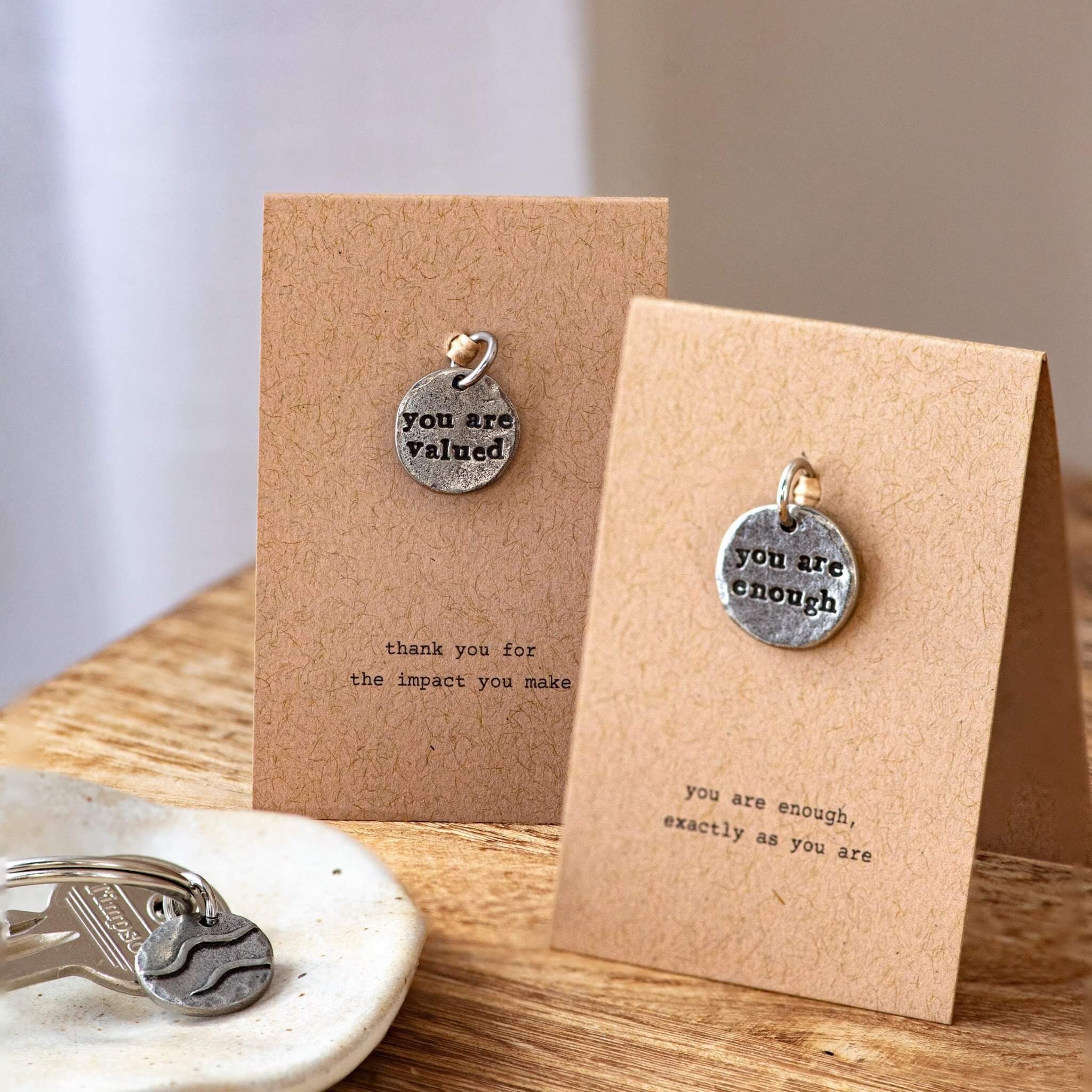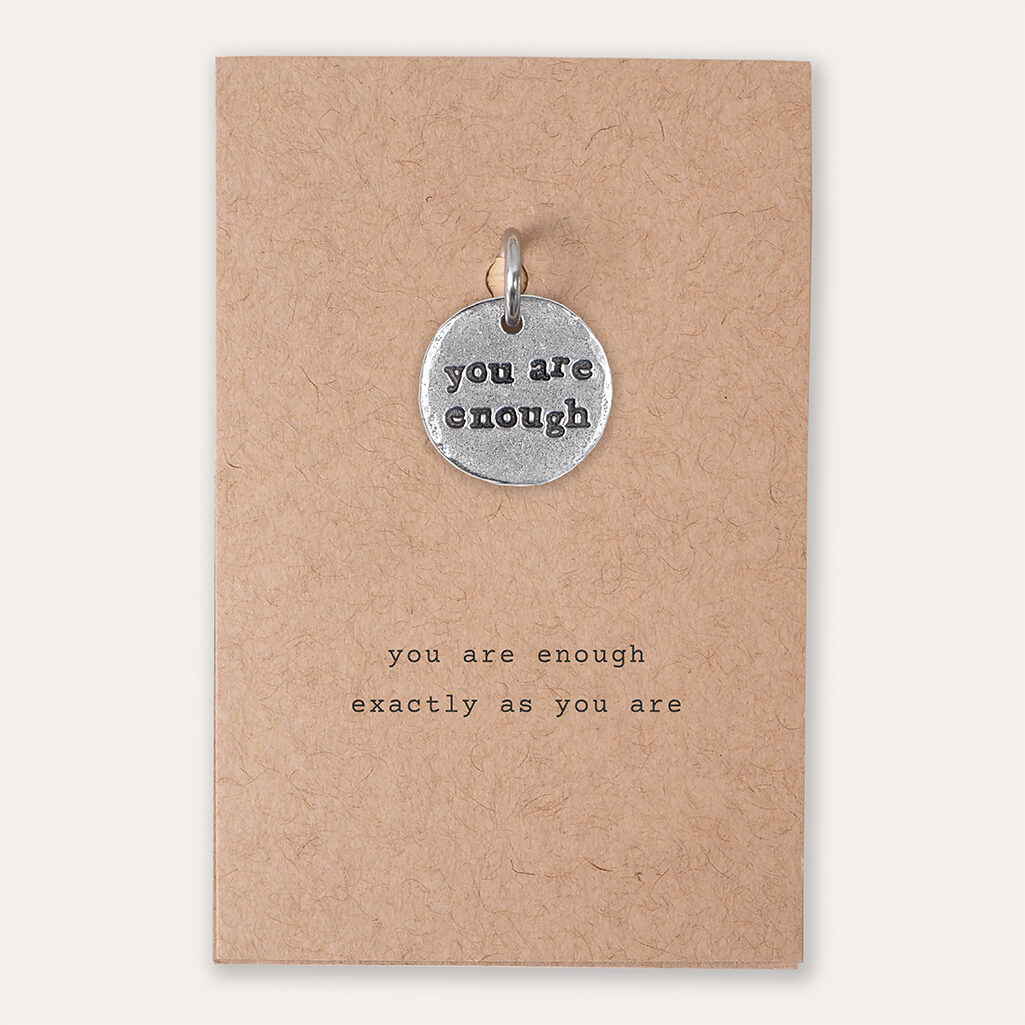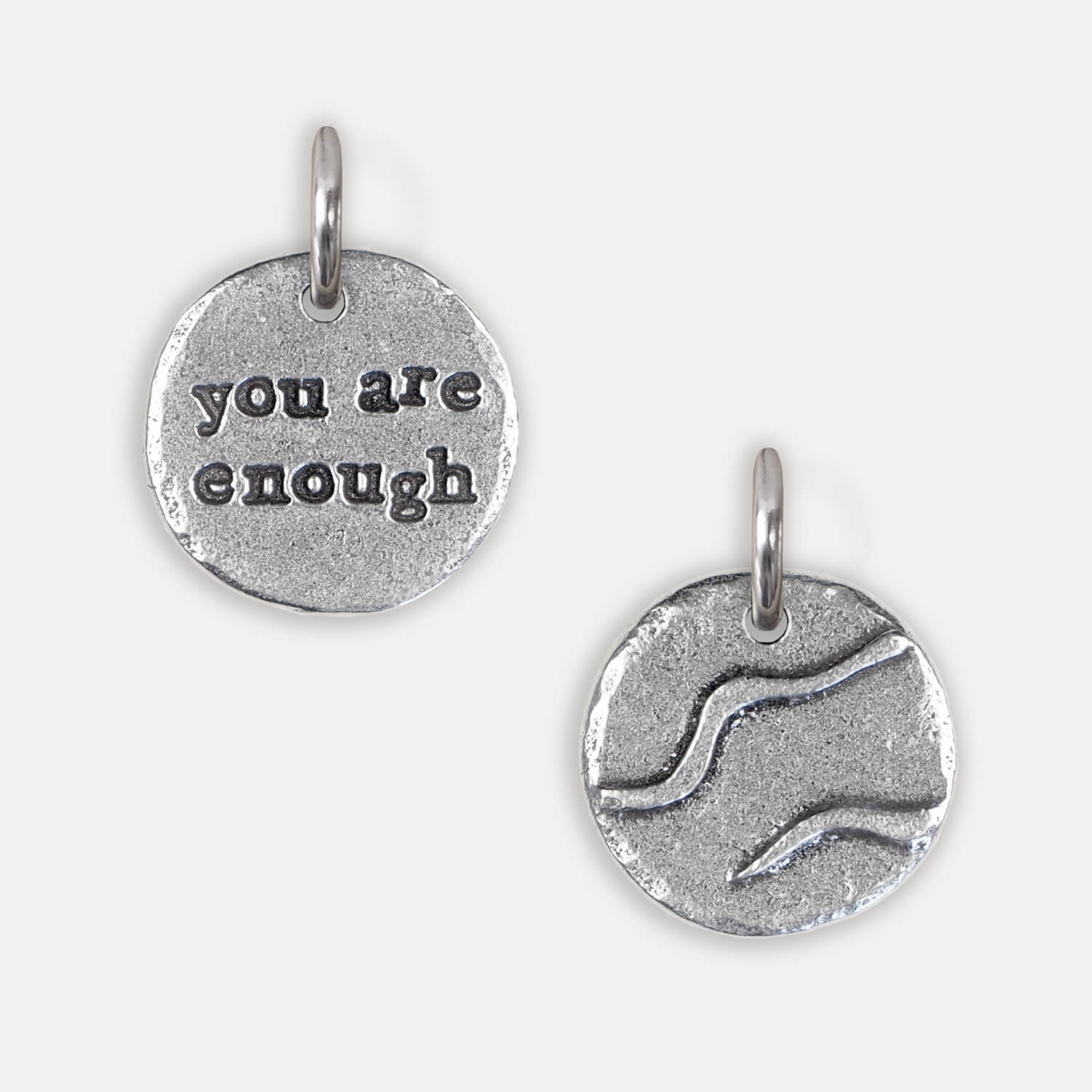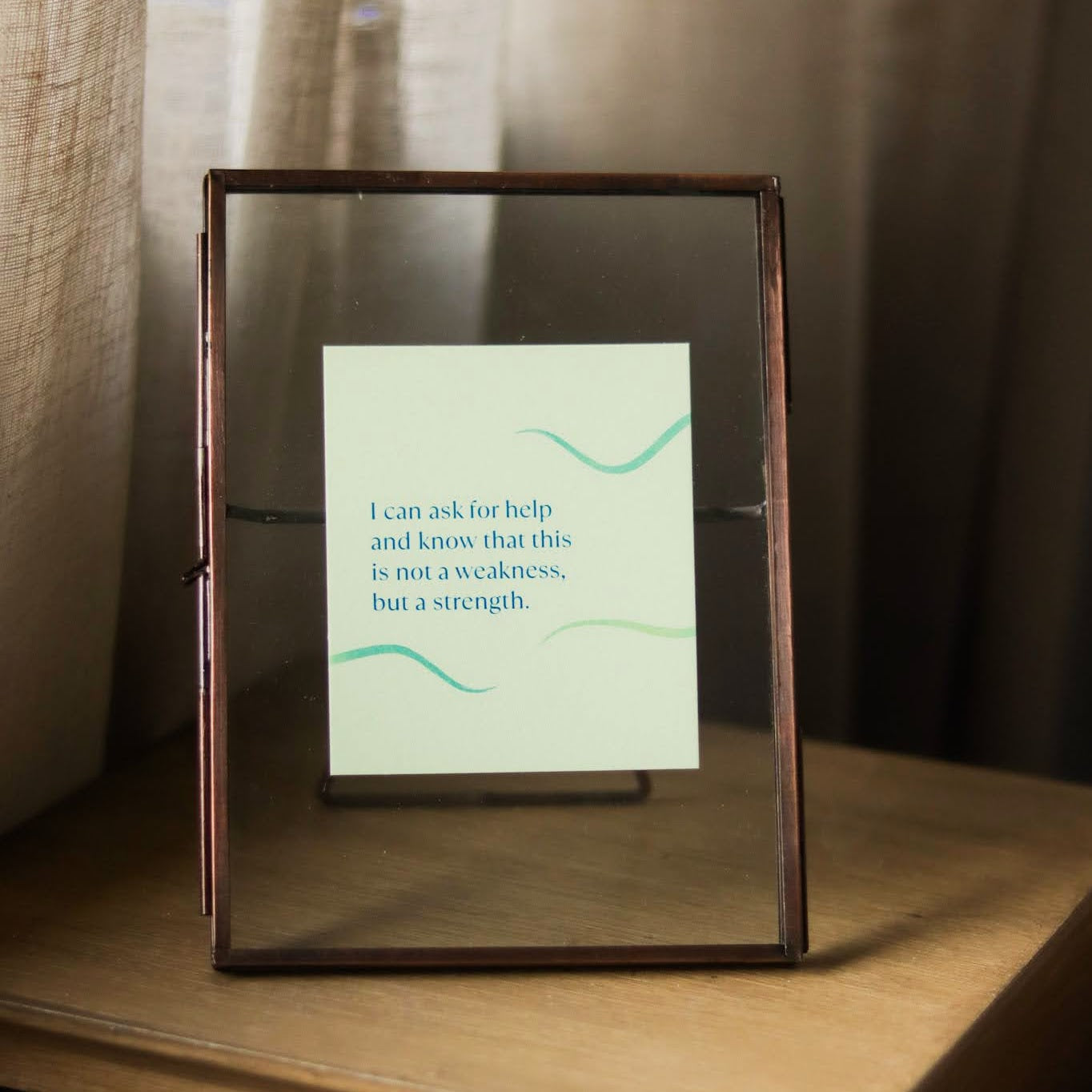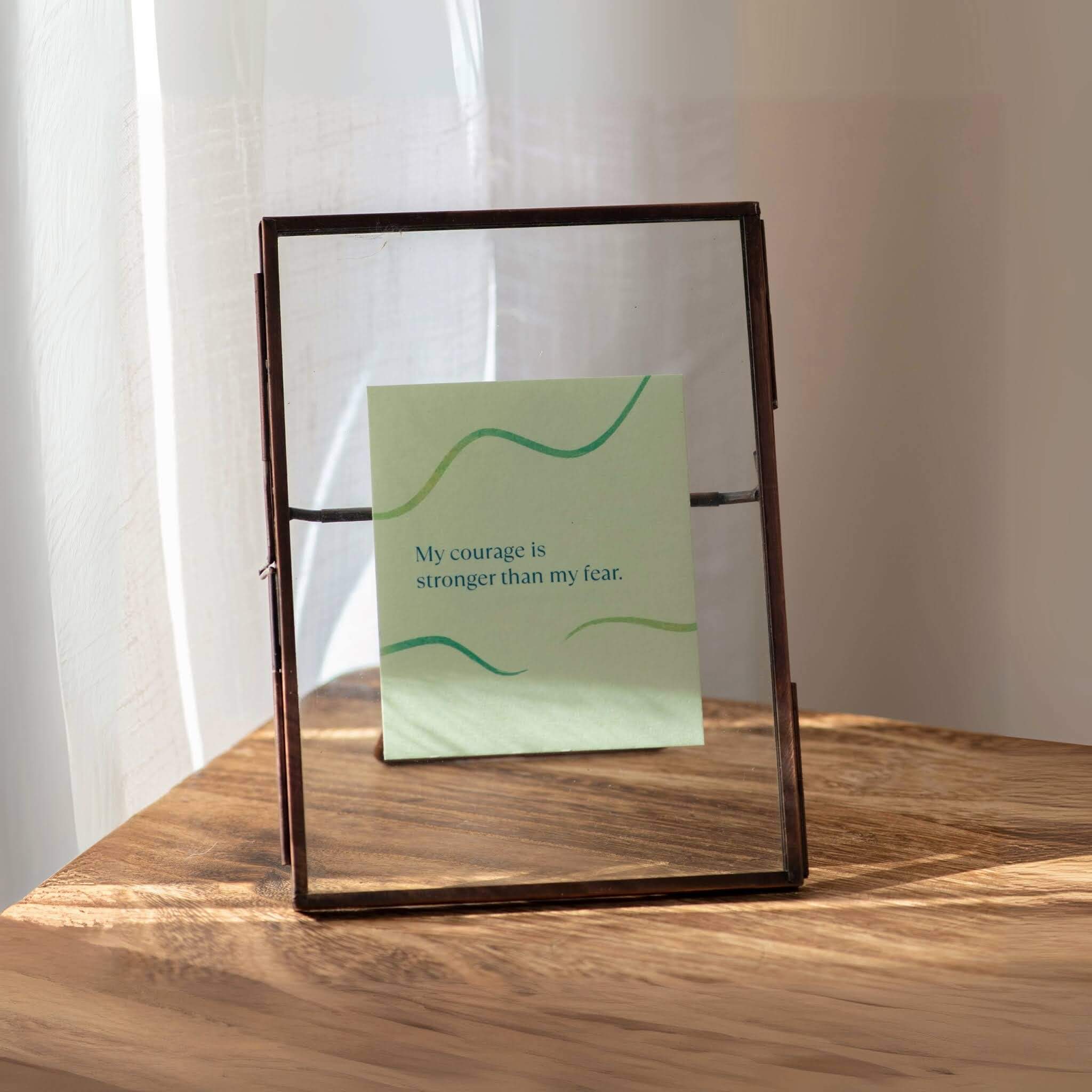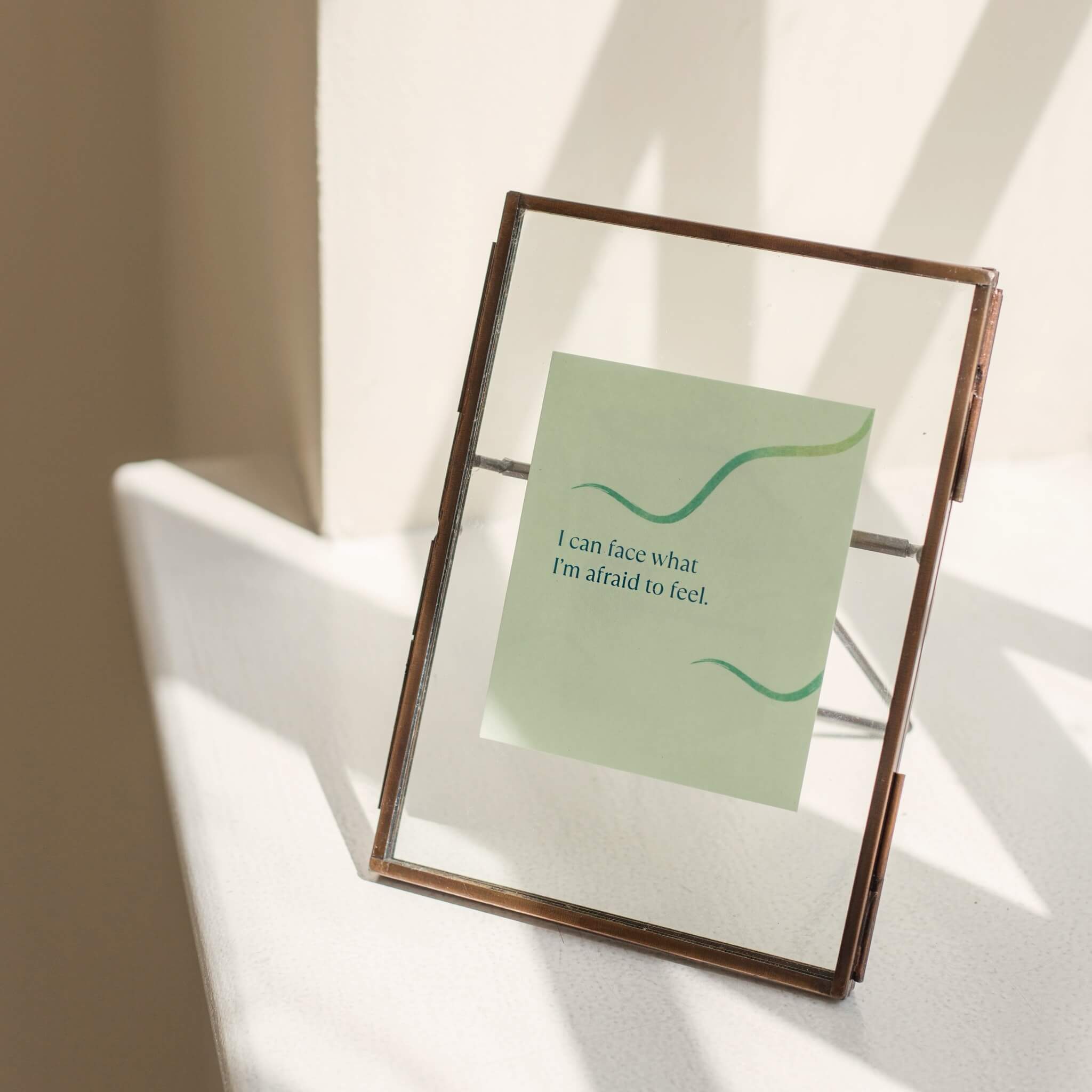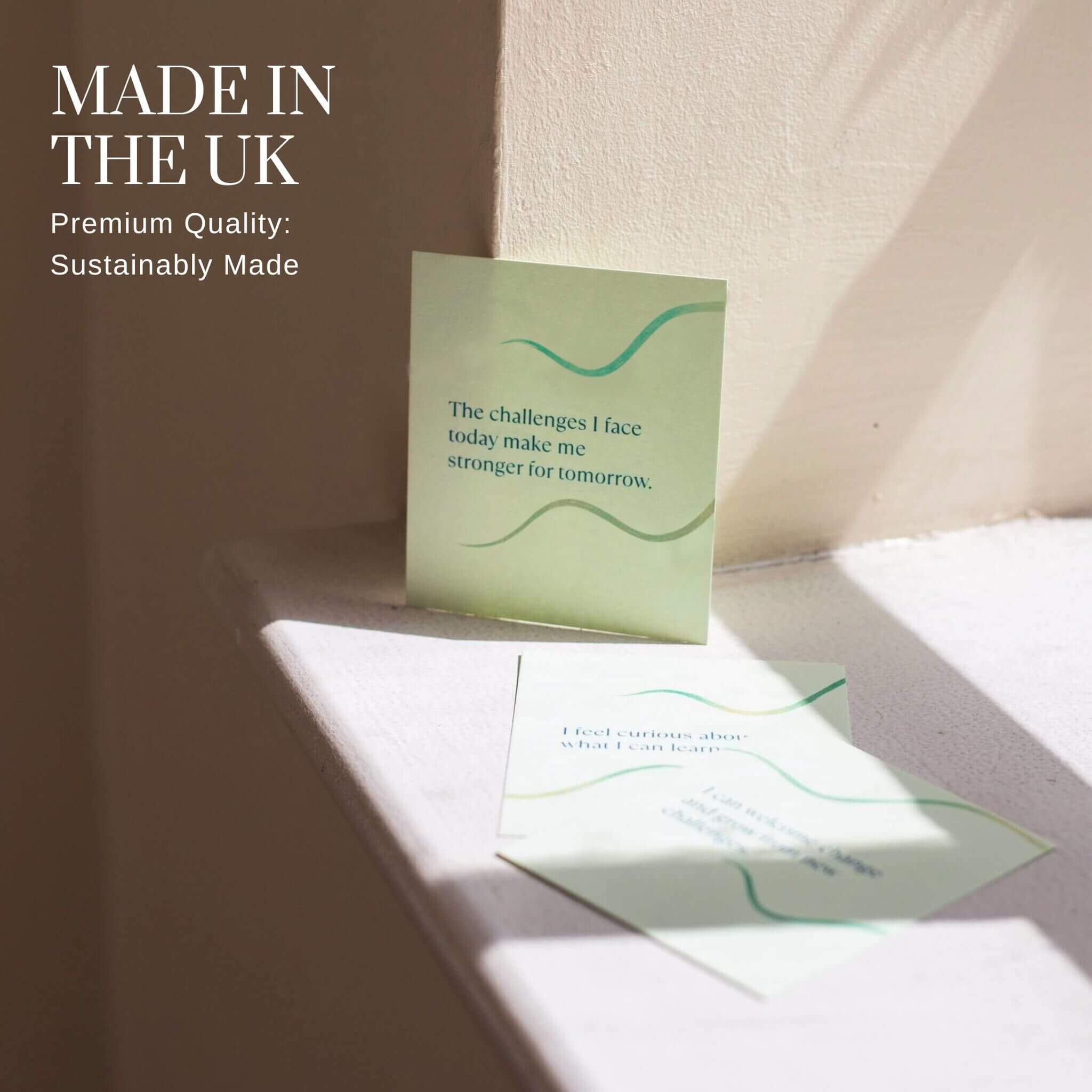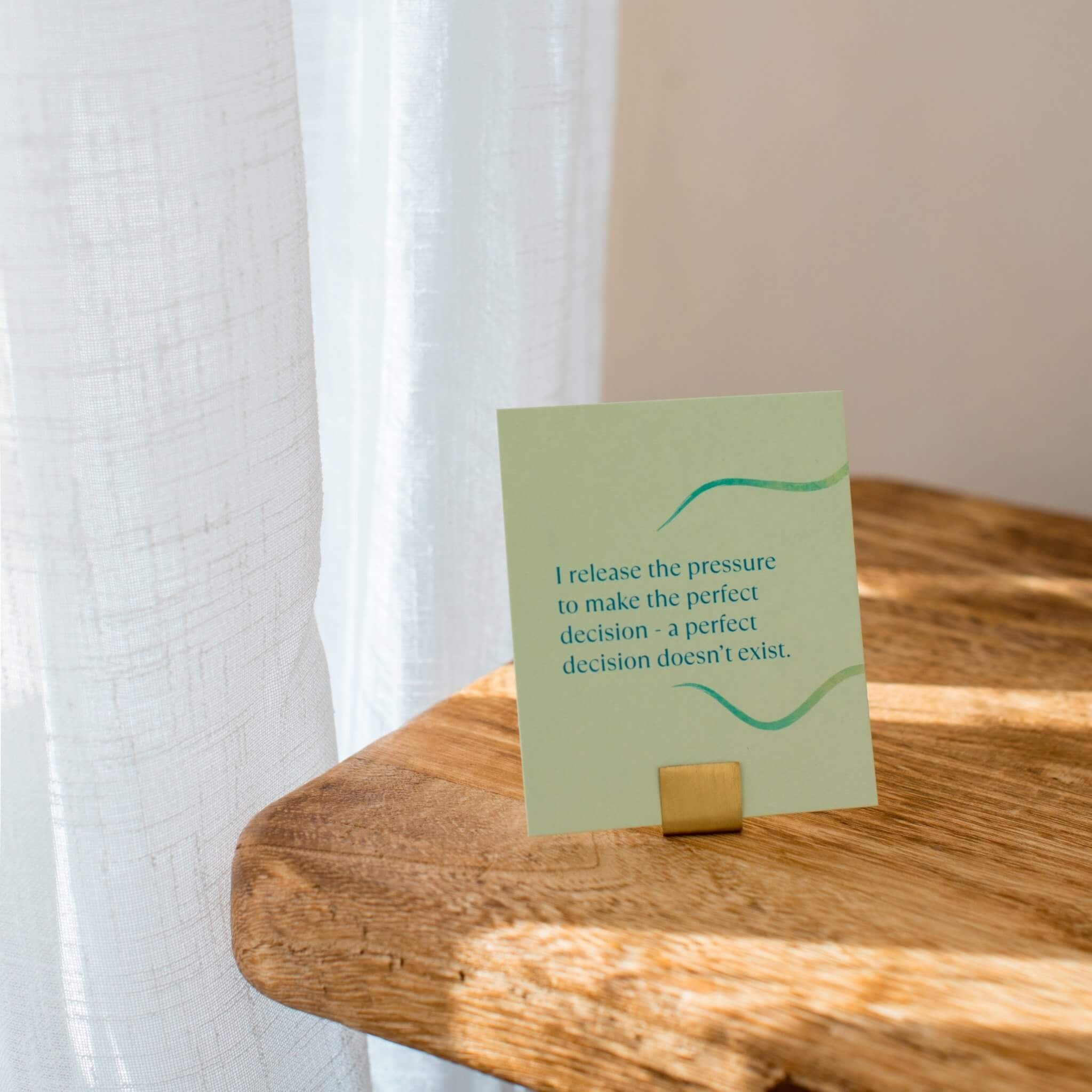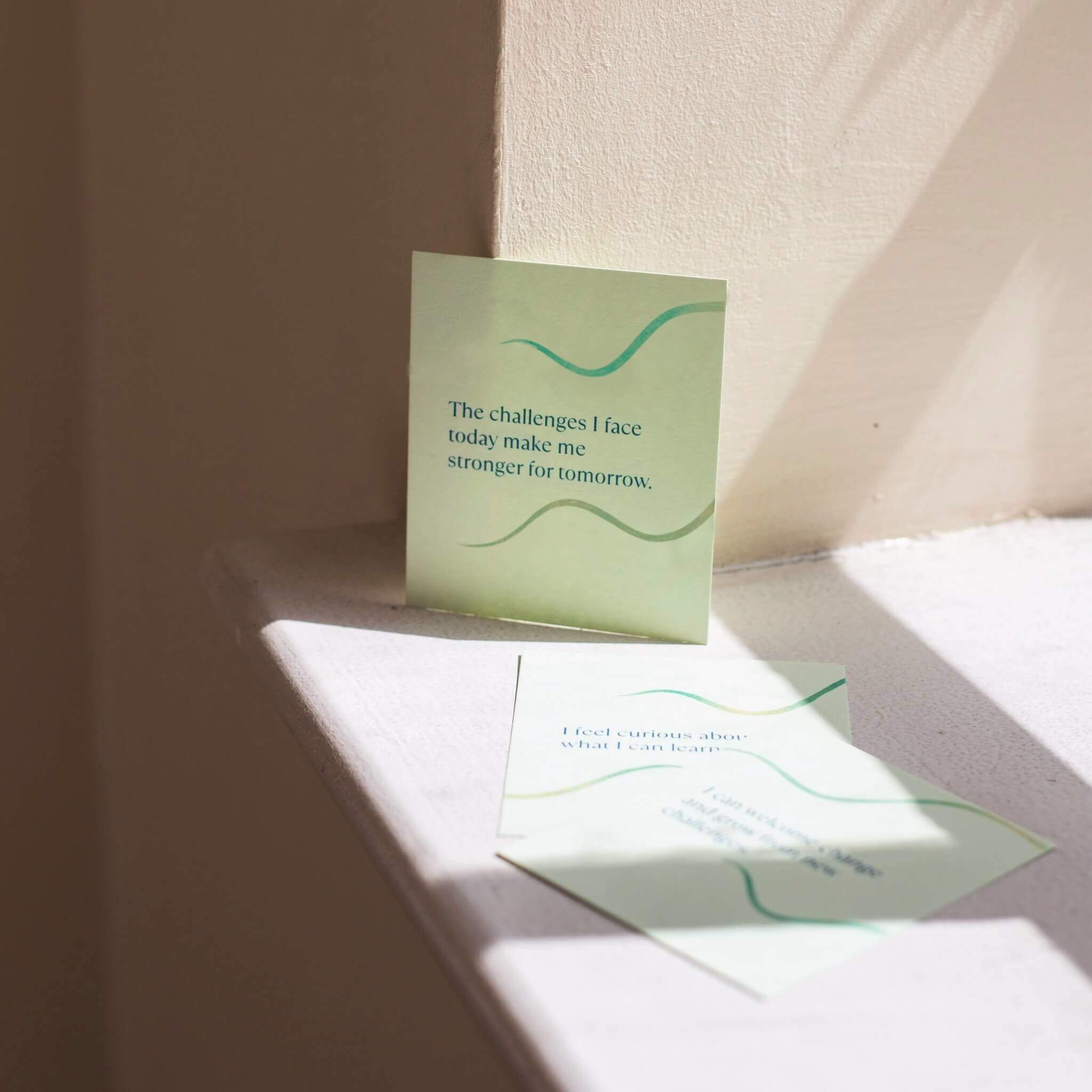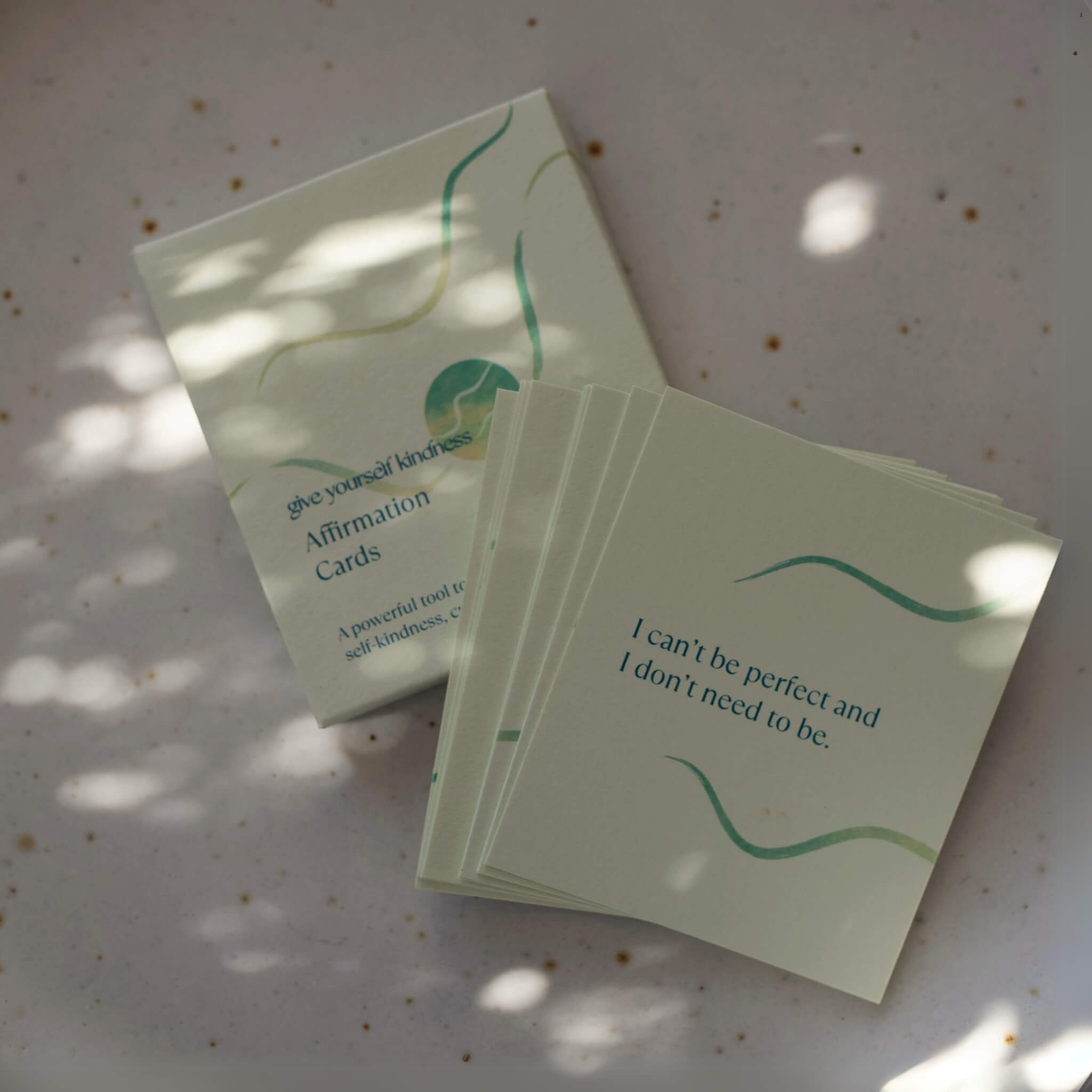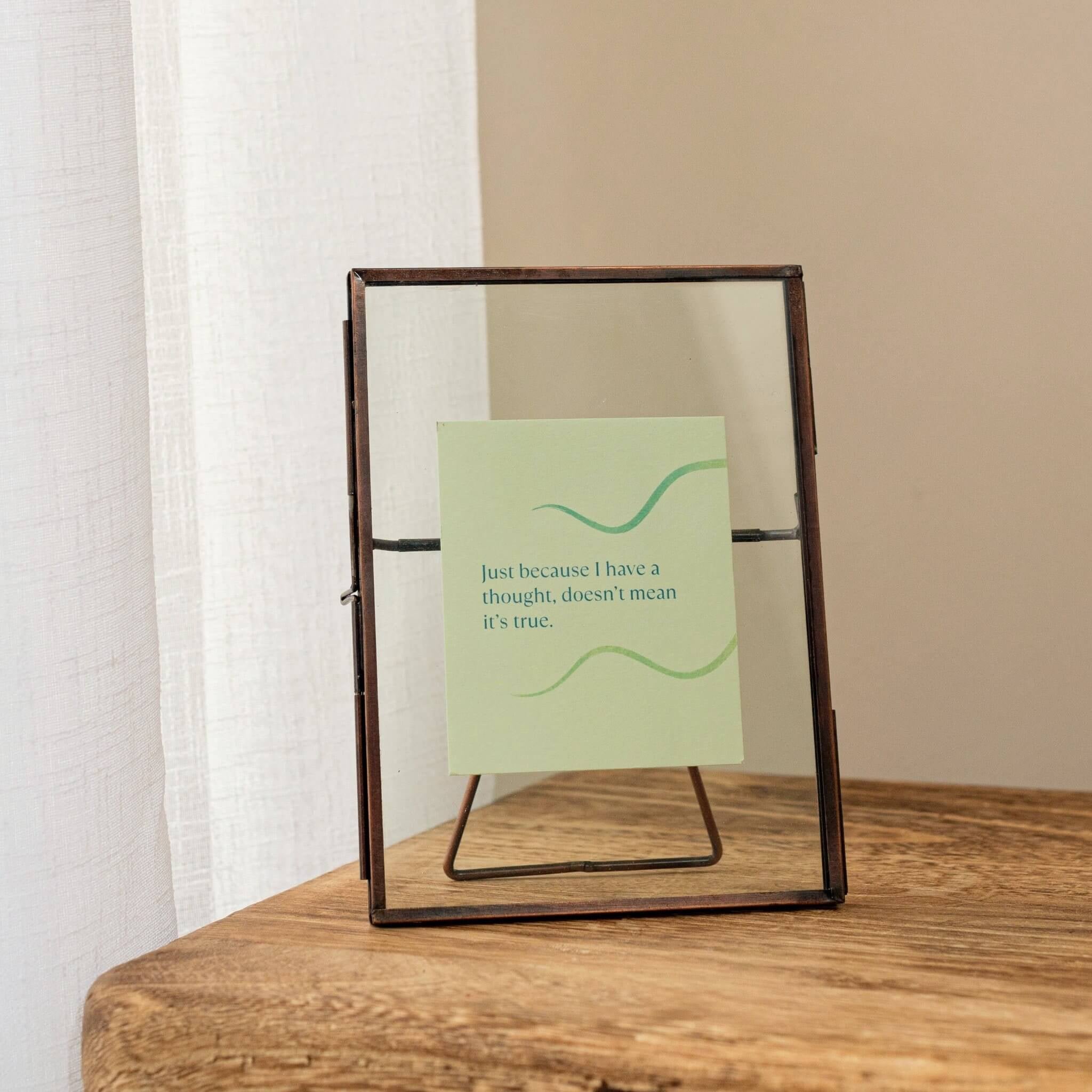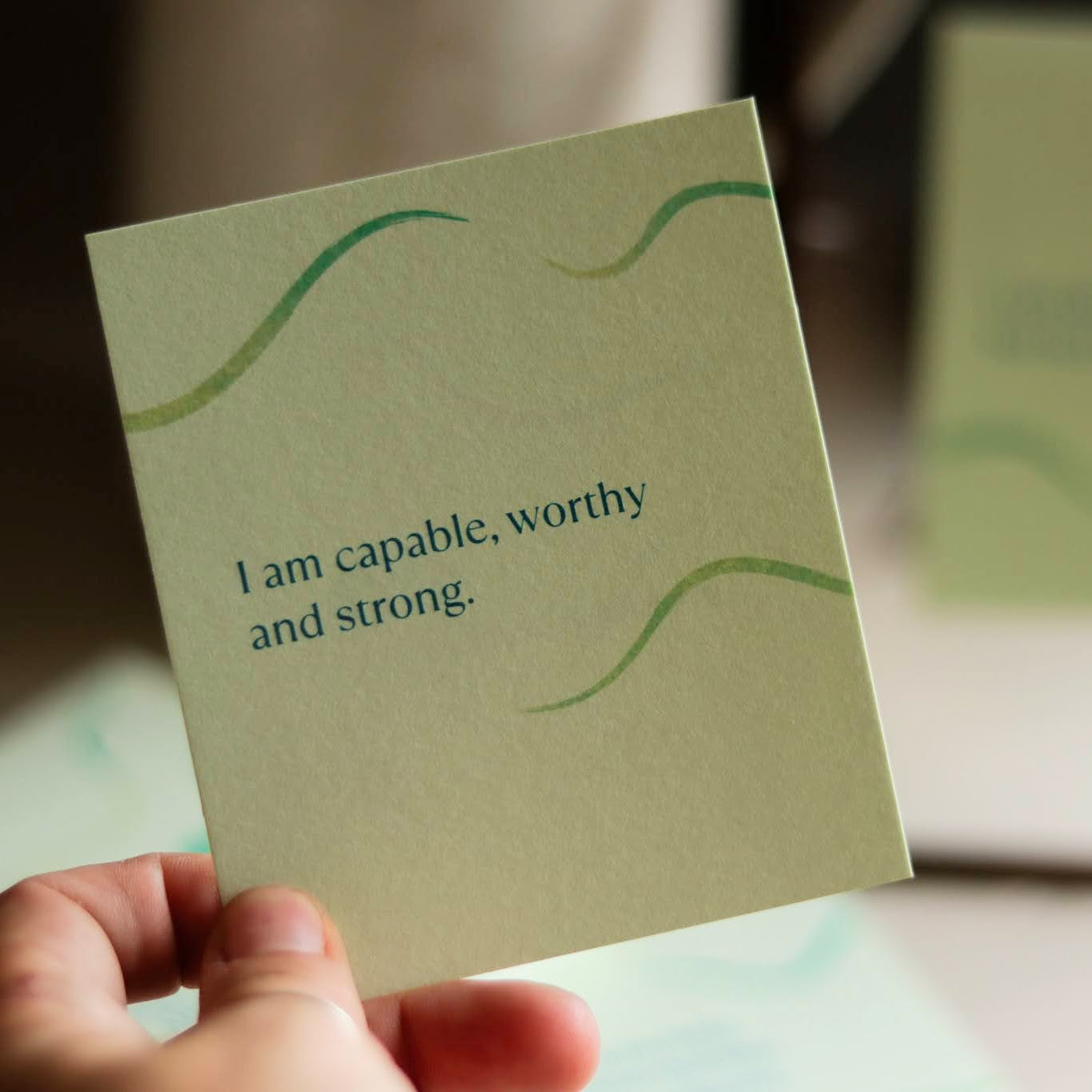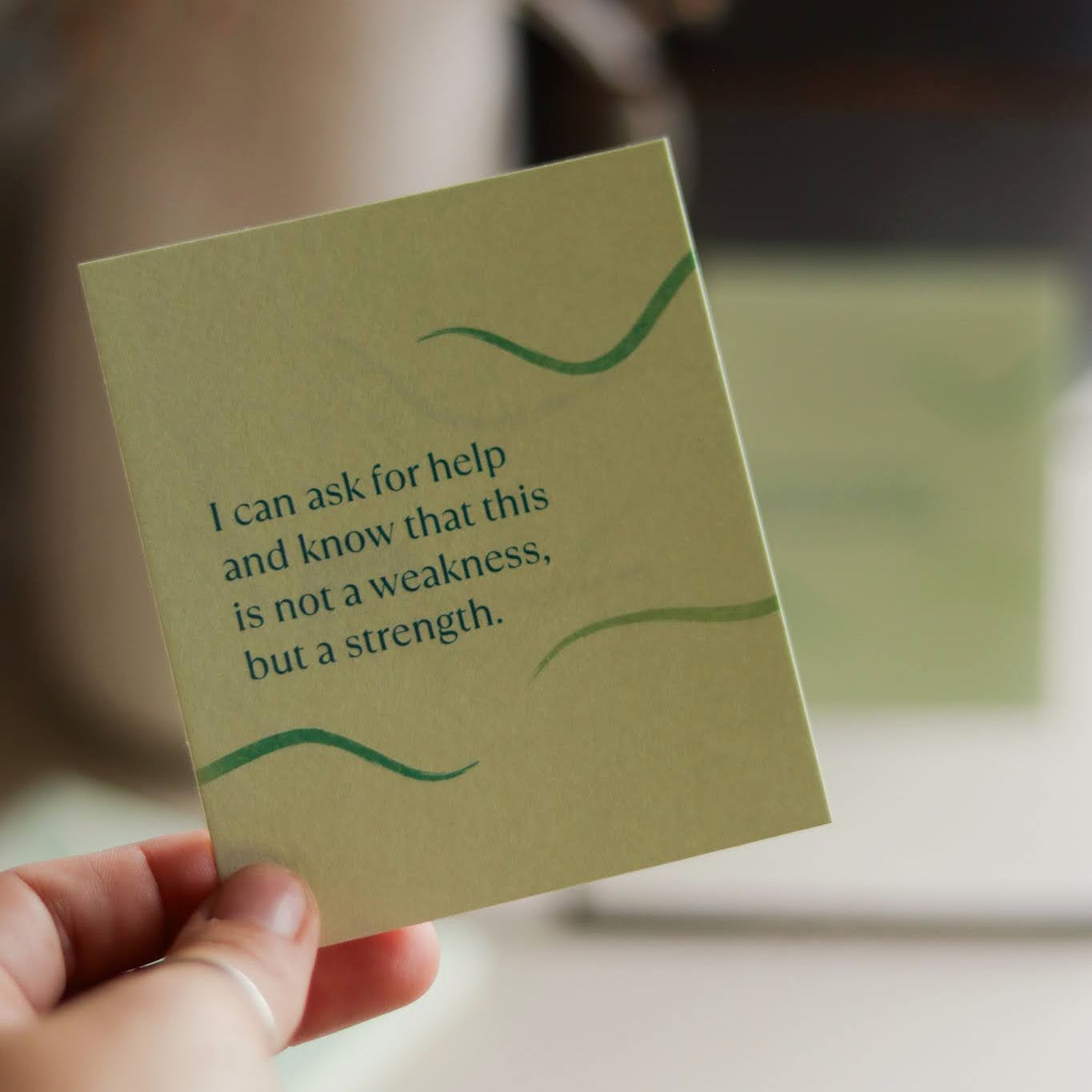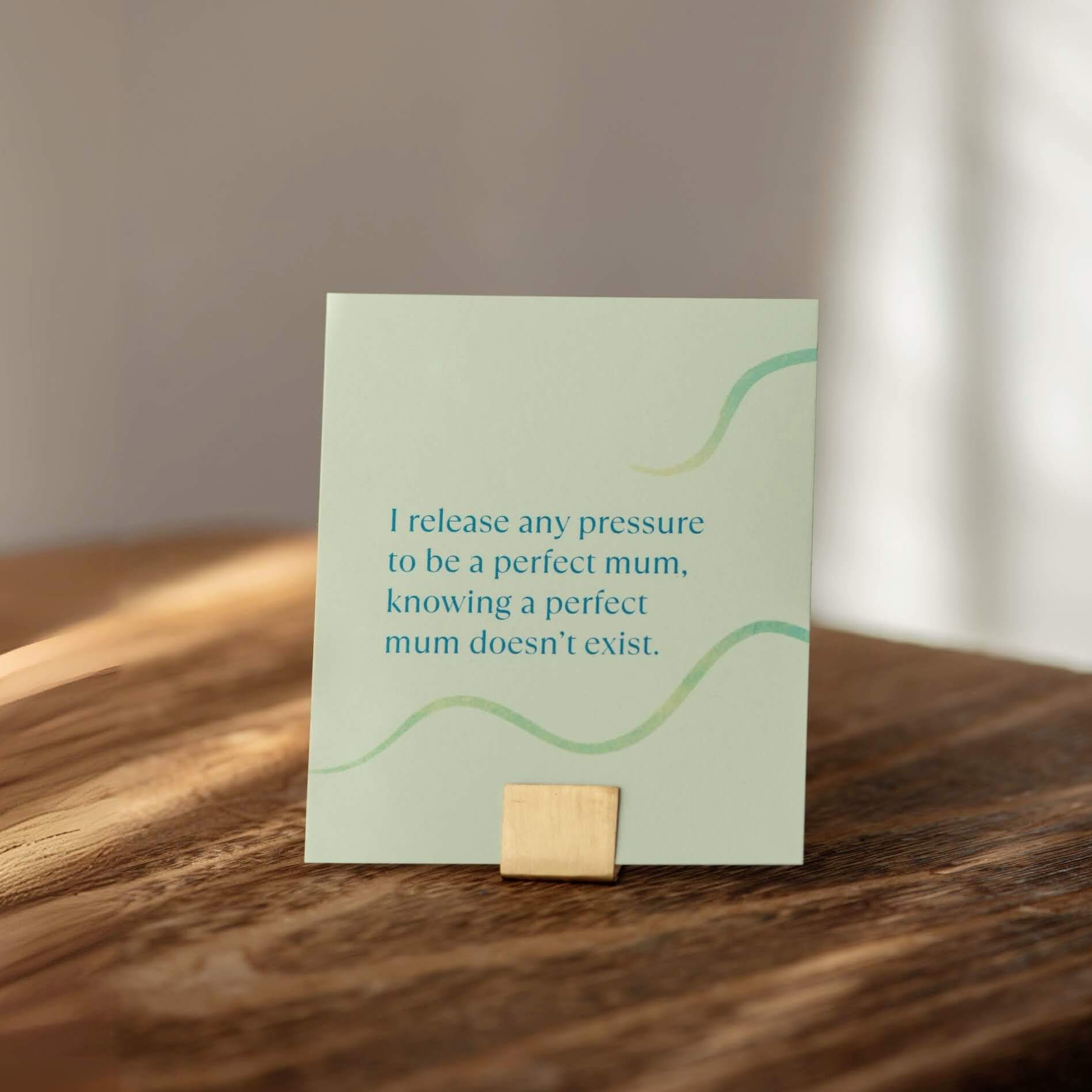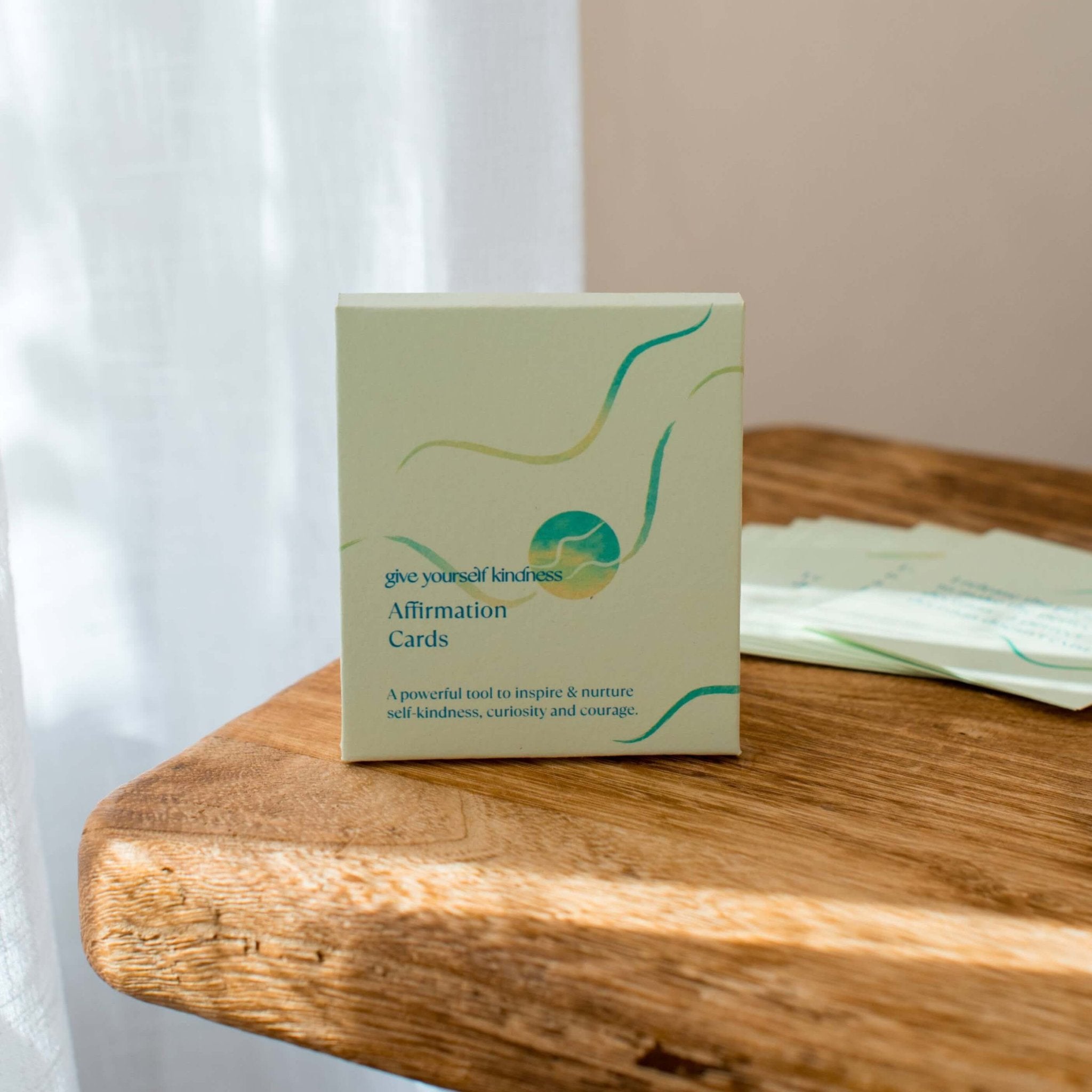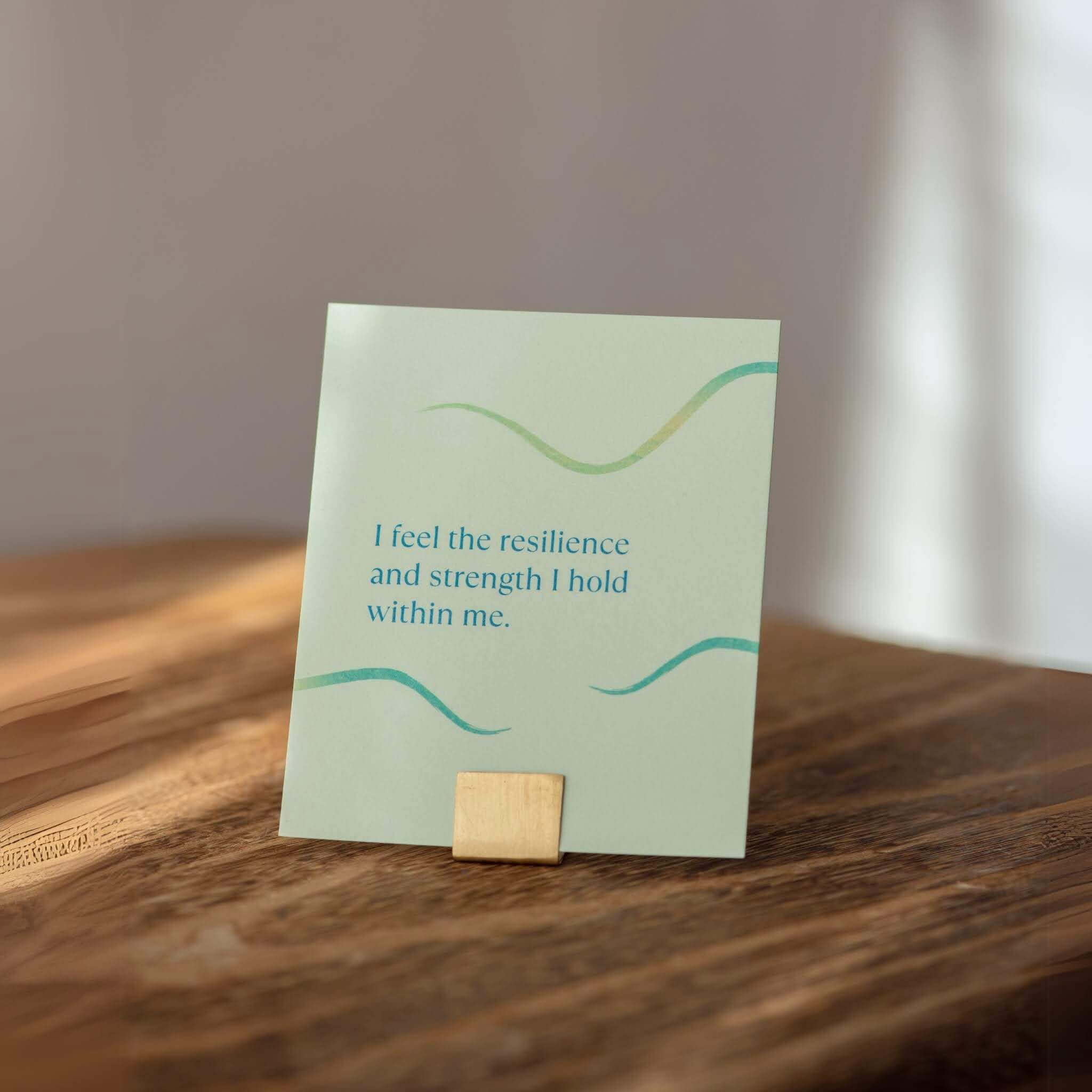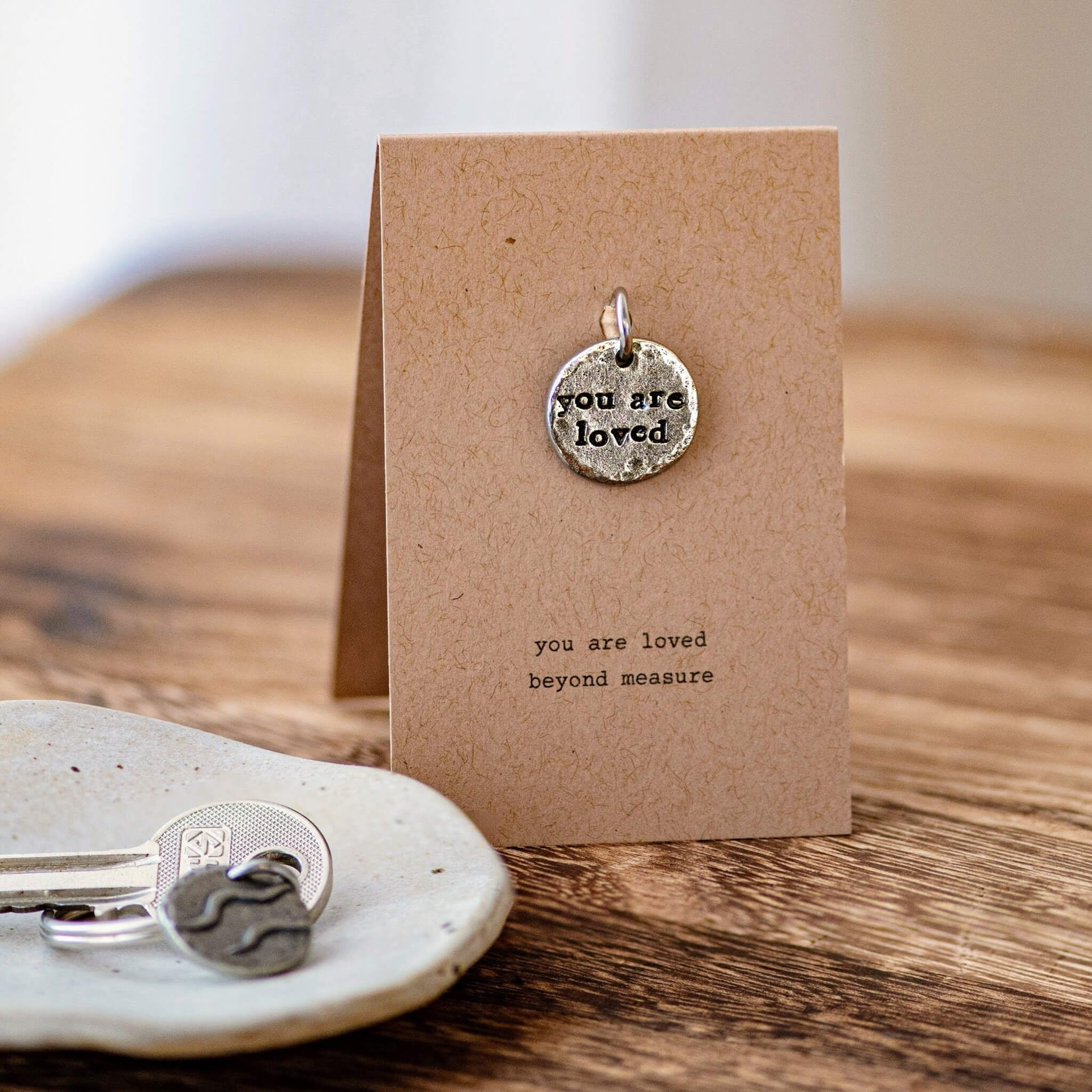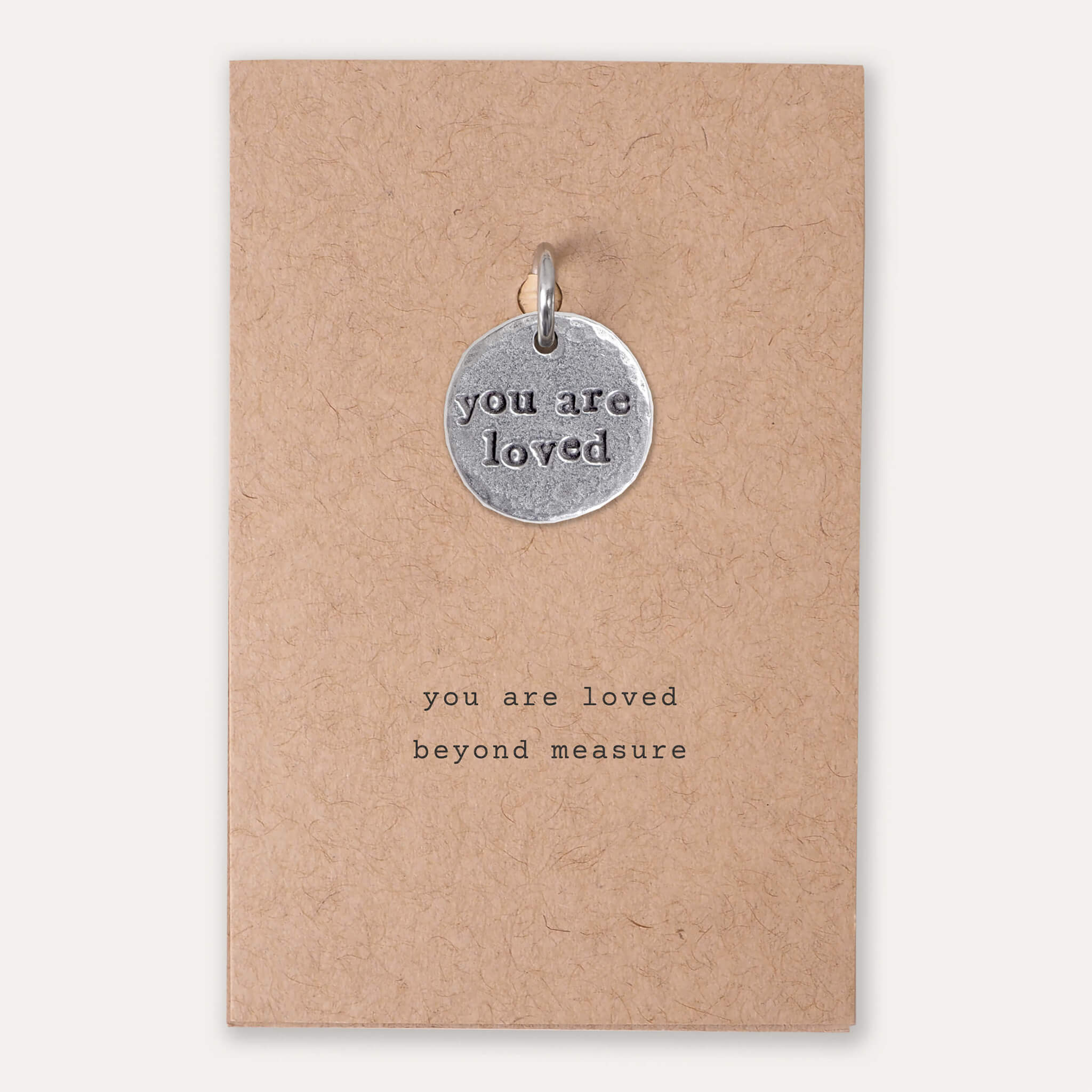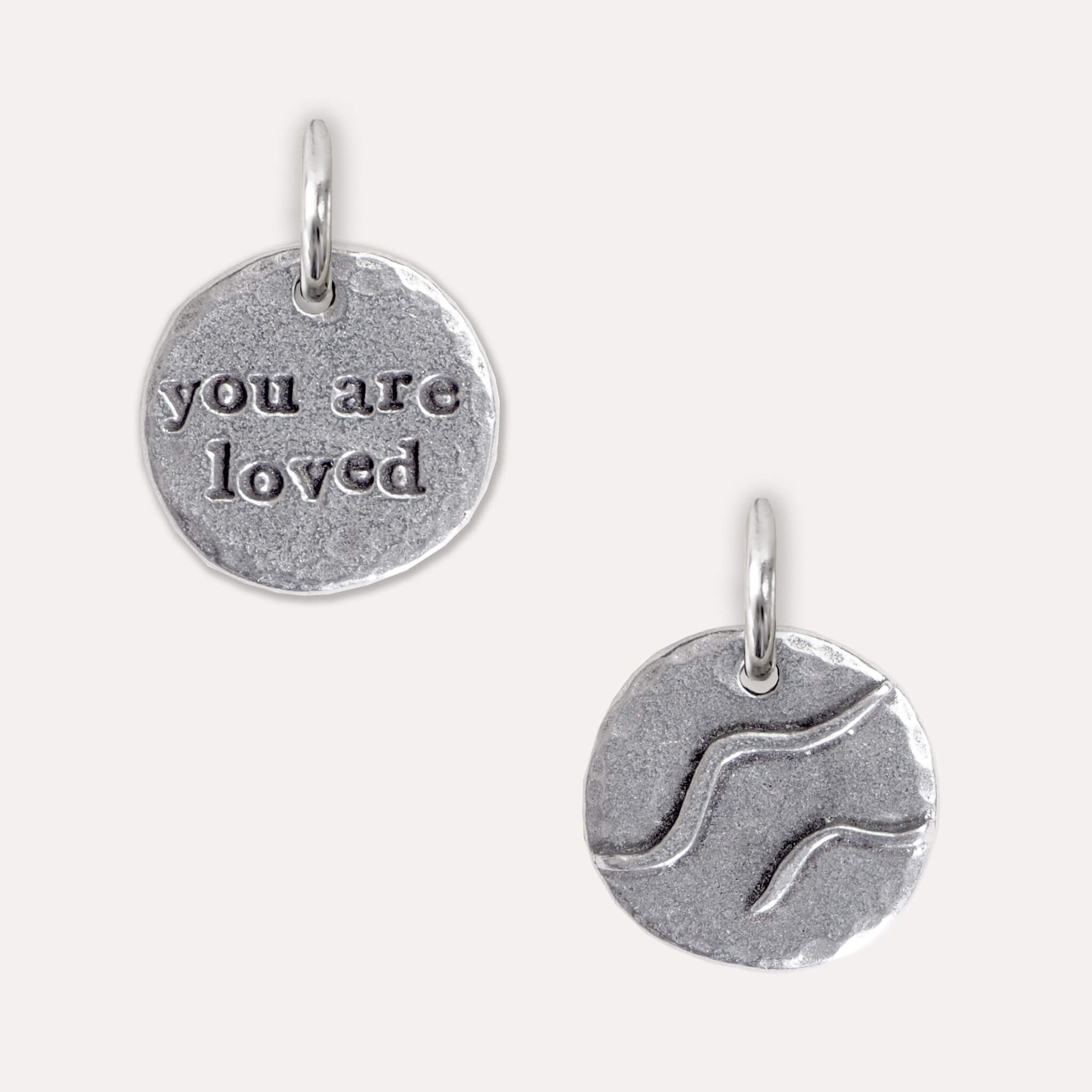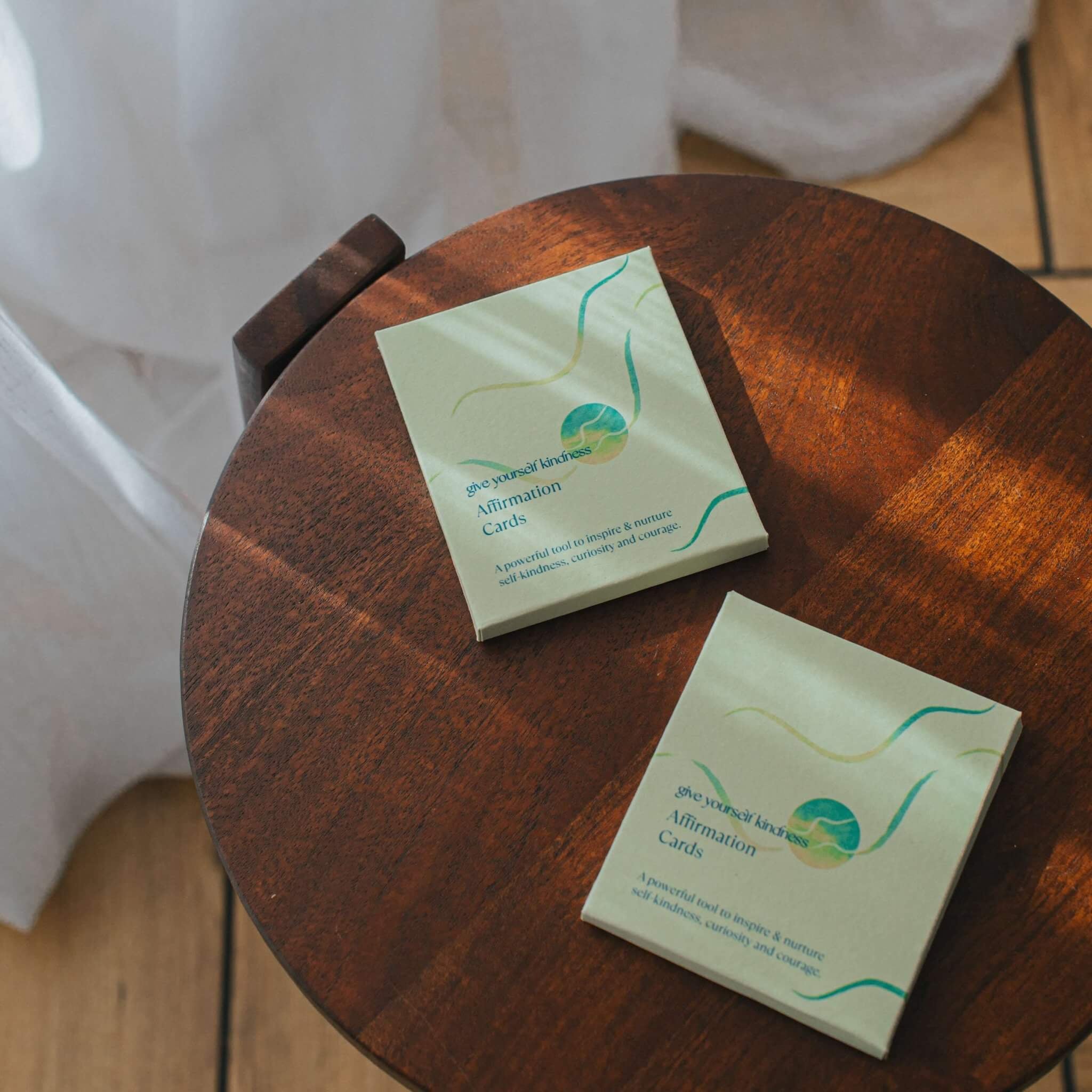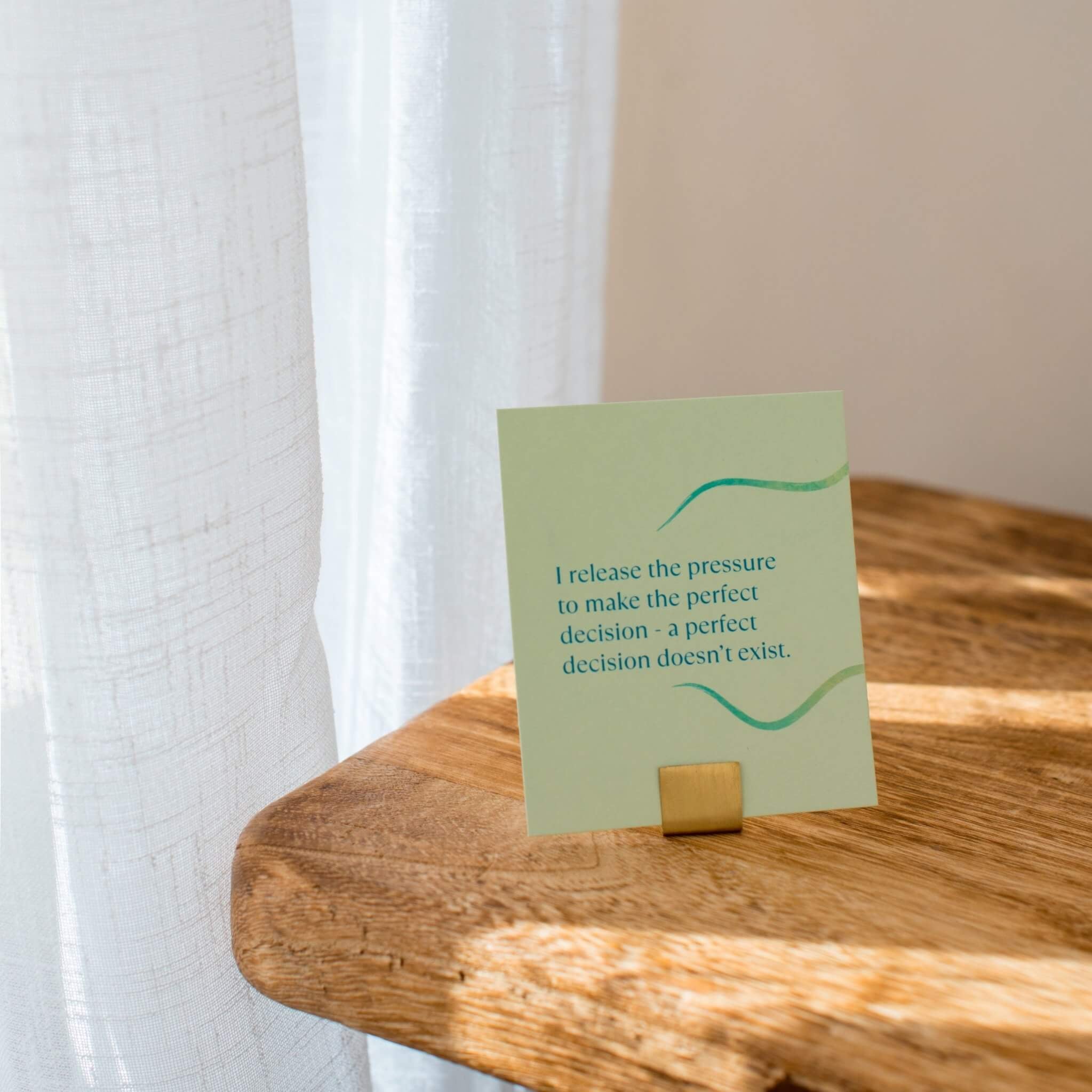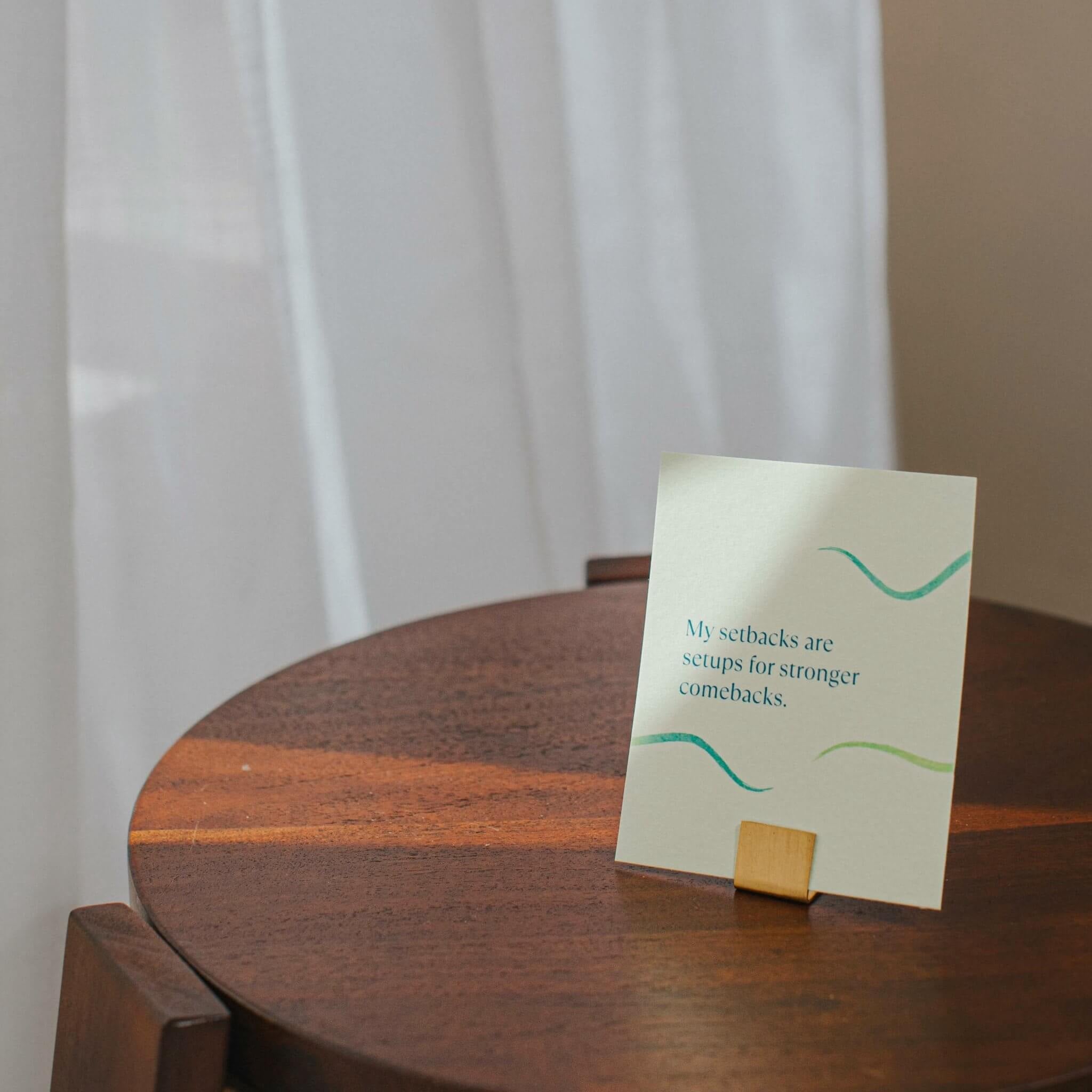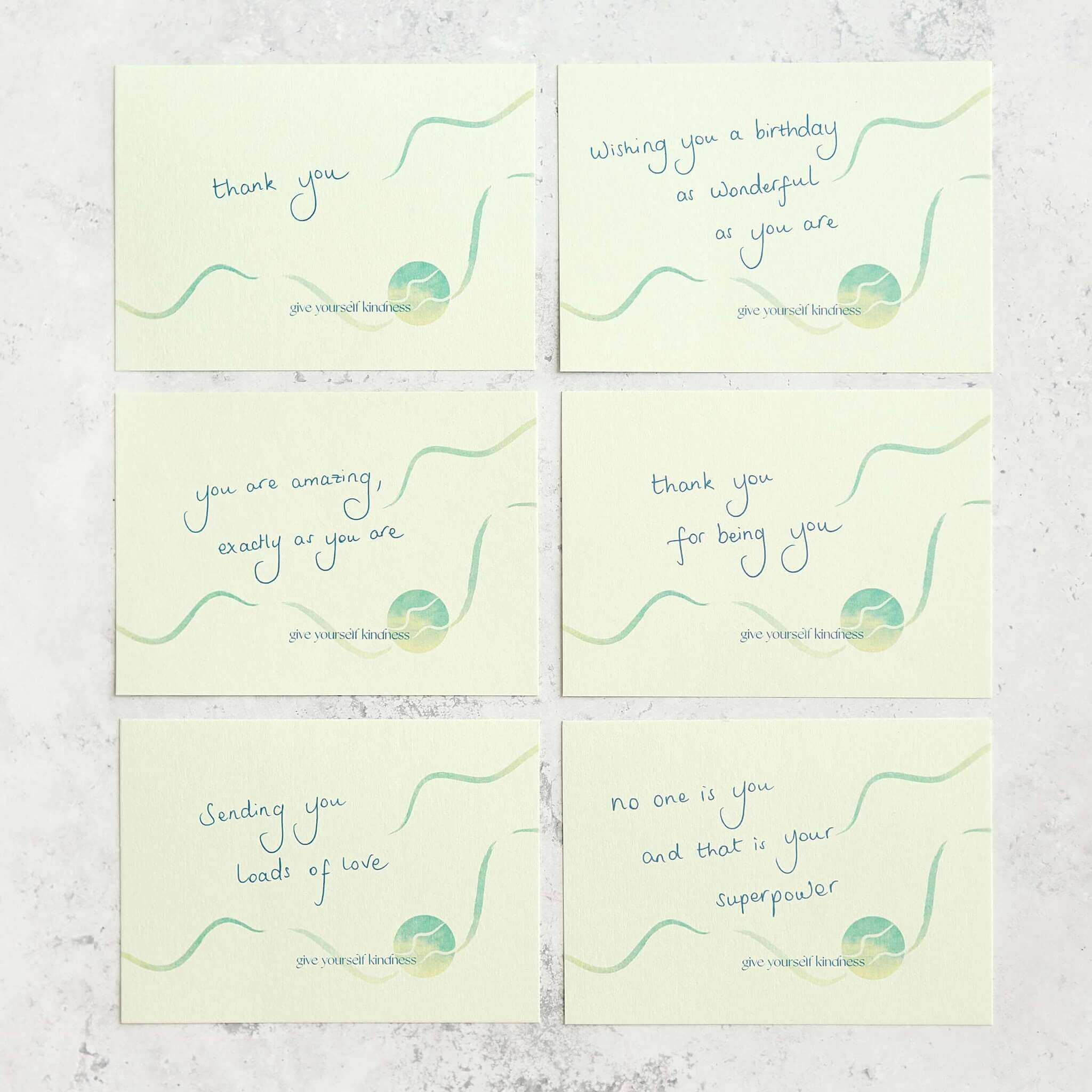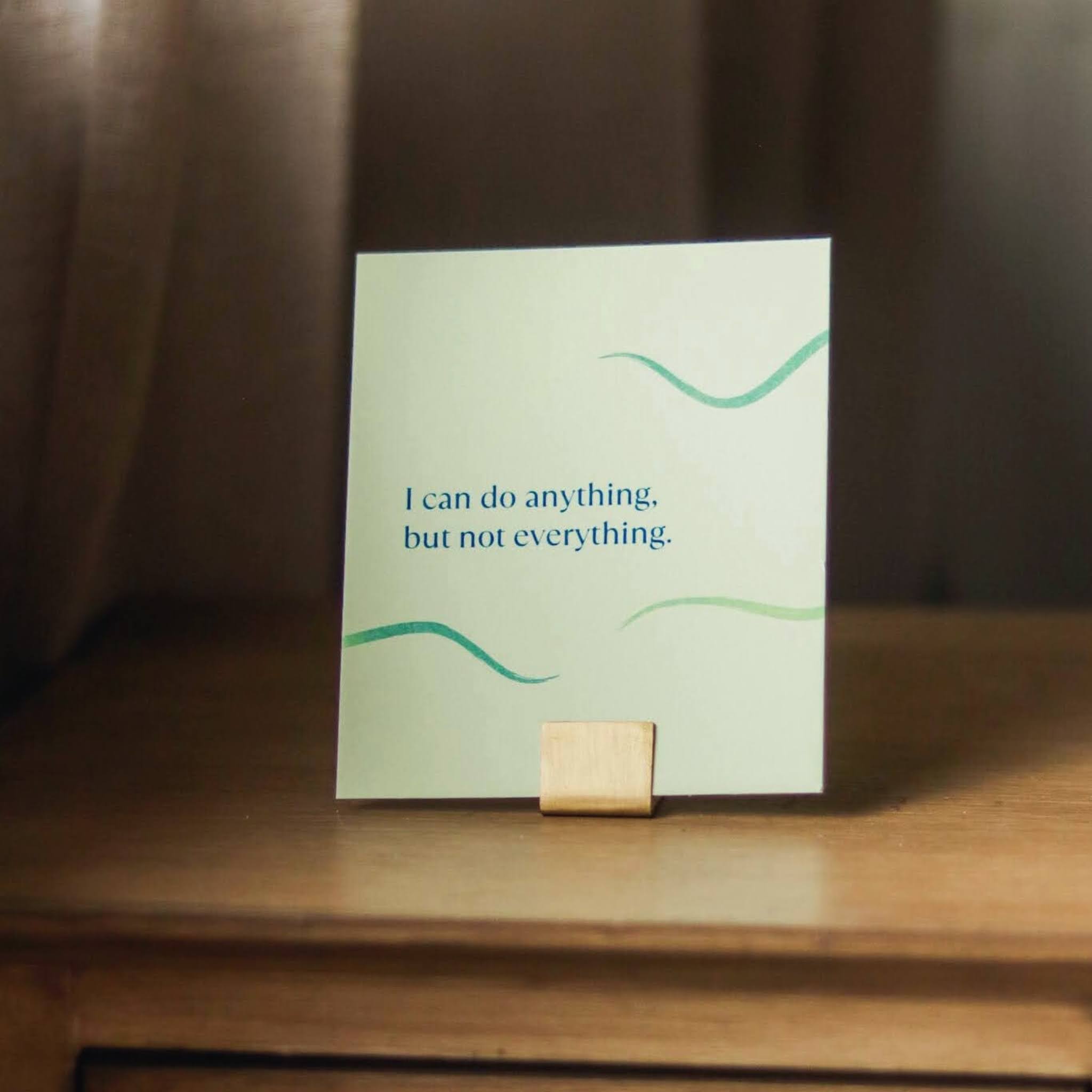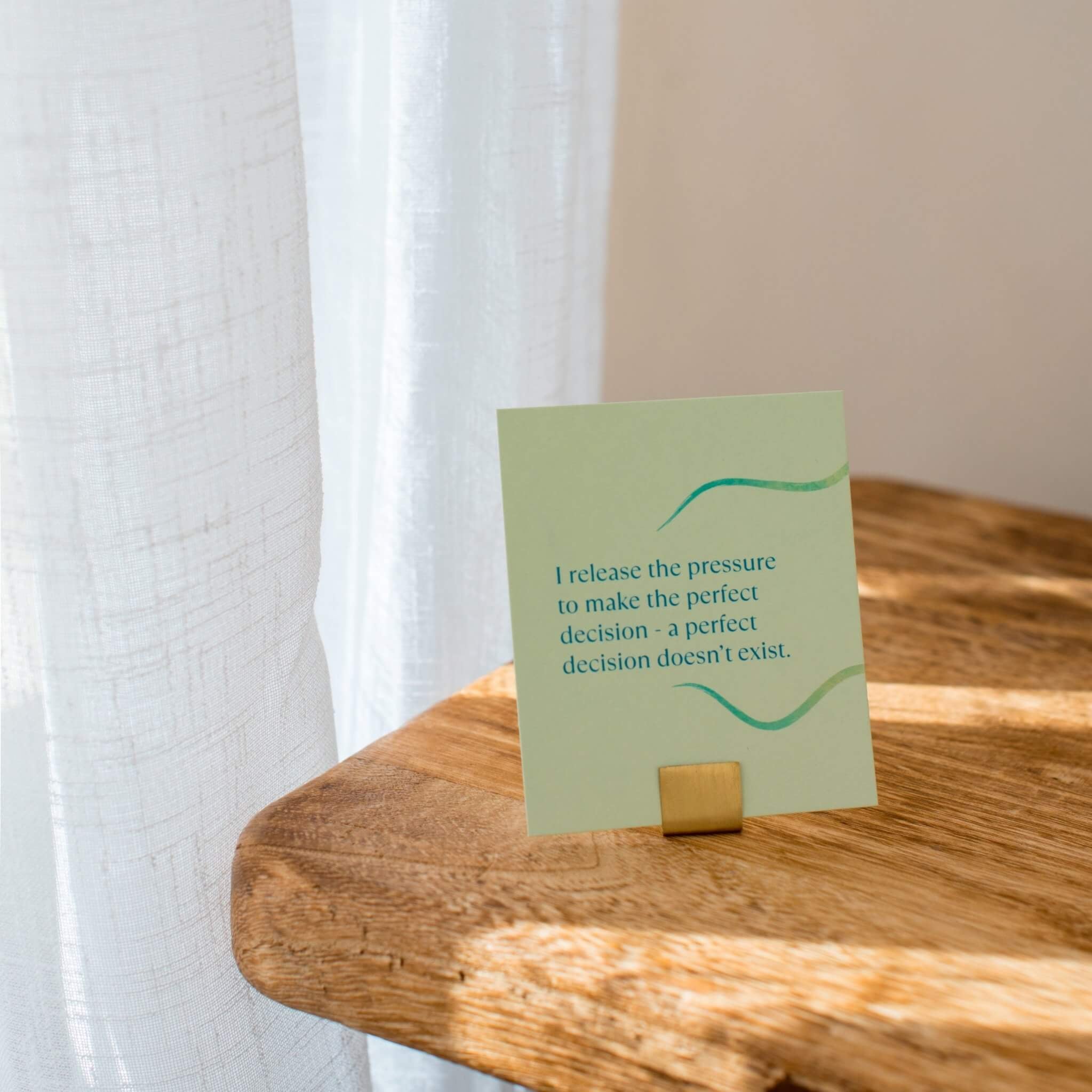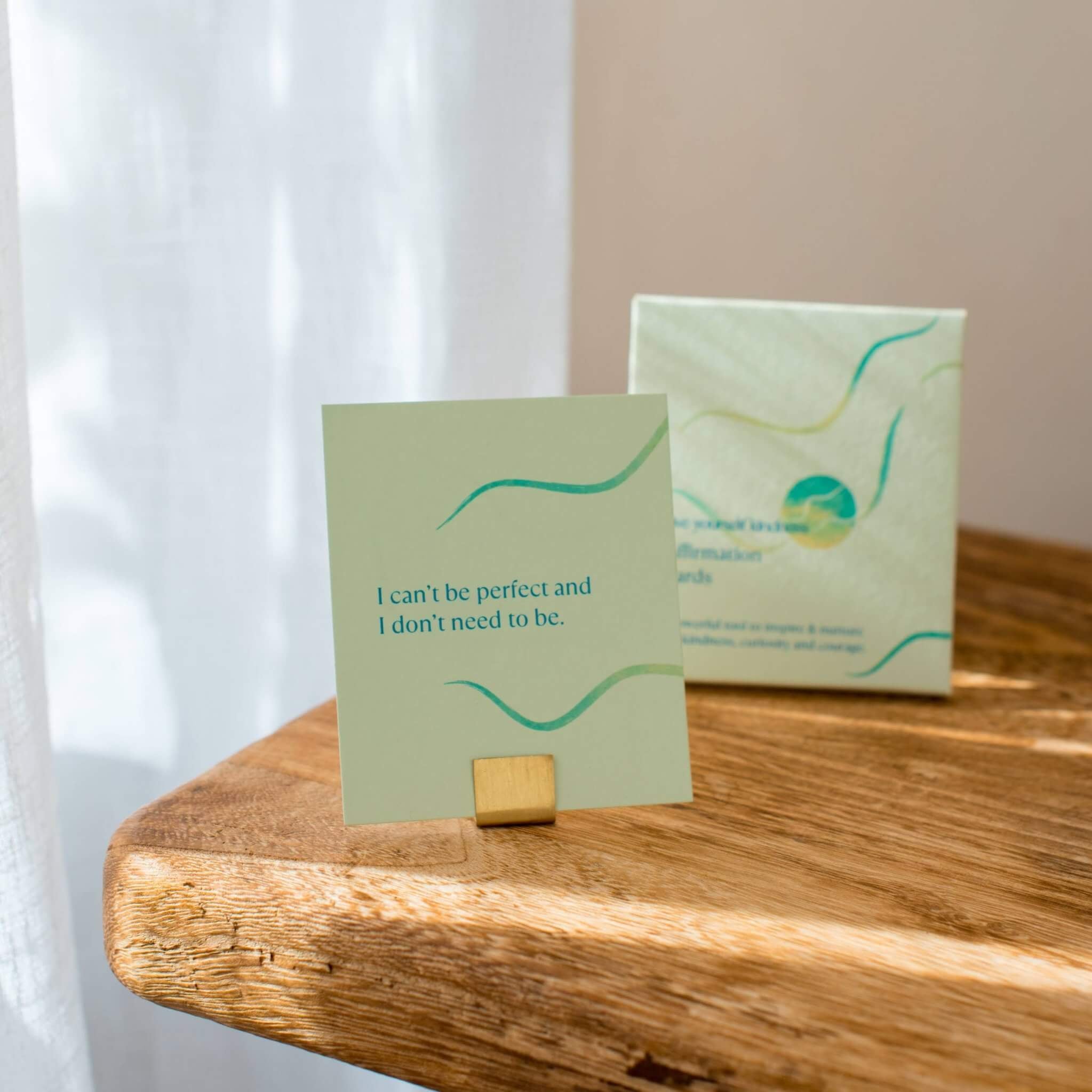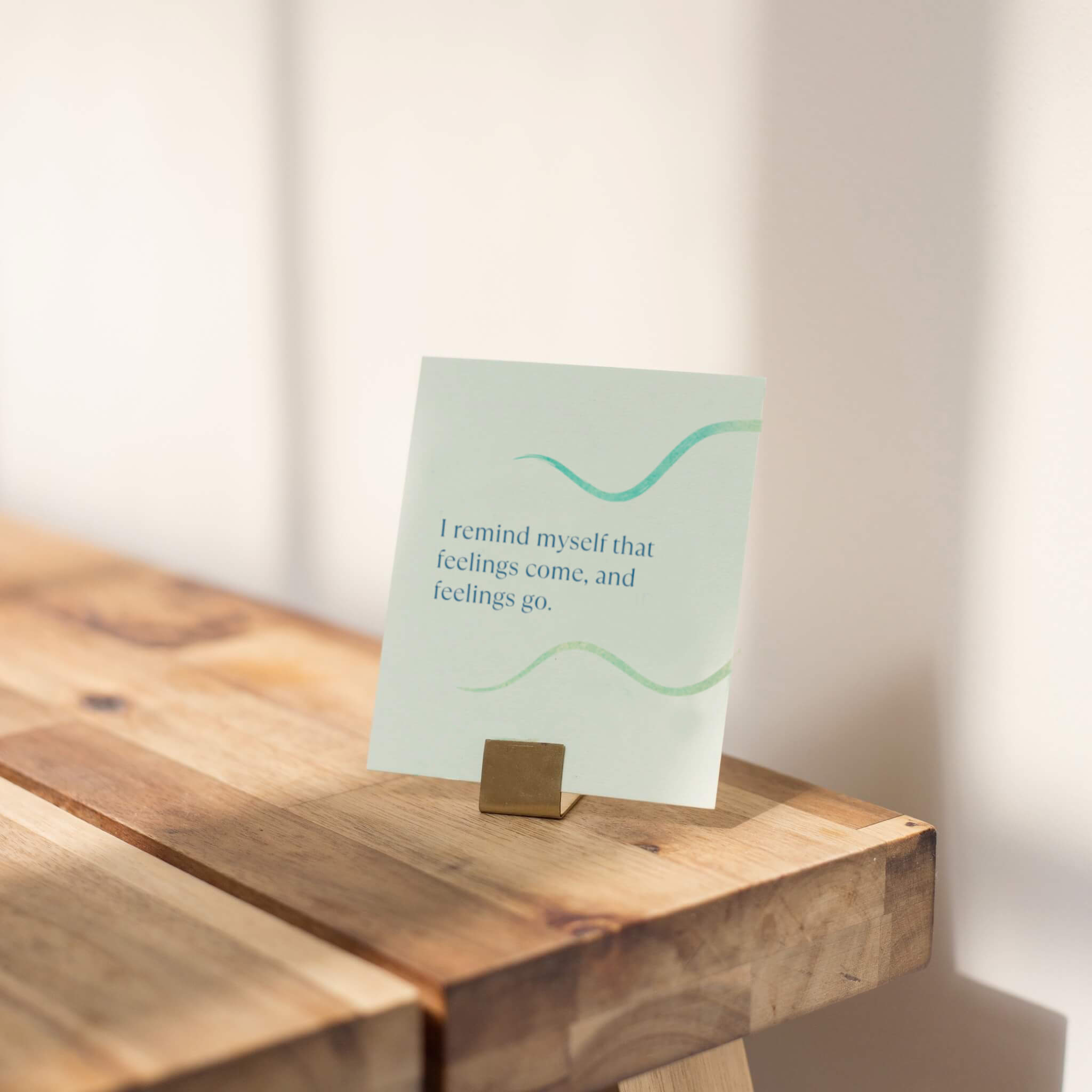written exclusively for Give Yourself Kindness by Dr Maria Tucknott, a Clinical Psychologist specialising in trauma, anxiety, and depression, and the founder of Tucknott Psychology.
Transforming the inner bully into an inner ally
It's all too common: the relentless inner voice that tells you you're not good enough, that you messed up again, that everyone else has it together except you.
'you’re not alone and more importantly, it’s not your fault'
For many people, this internal self-criticism becomes an ingrained habit, driving anxiety, shame, and even depression. If this sounds familiar, you’re not alone and more importantly, it’s not your fault.
Understanding the inner critic through the lens of the threat system
Compassion Focused Therapy (CFT) helps us understand that our inner critic isn’t a personal failing. It’s part of an ancient safety system hardwired into the human brain.
'our inner critic isn’t a personal failing'
All living beings need to detect danger to survive, and over millions of years, our brains evolved a threat system designed to scan for danger and rapidly activate emotions that help us protect ourselves and those we care about.
'all living beings need to detect danger to survive'
This threat system works on a “better safe than sorry” principle. It’s fast, automatic, and often irrational because that’s what helped our ancestors stay alive.
If early humans heard a rustle in the bushes, it was far safer to assume it was a predator and run; even if it turned out to be just the wind.
Those who ran survived; those who didn’t, didn’t pass on their genes. So the human brain became biased toward detecting danger, even when it’s not really there.
'the human brain became biased toward detecting danger'
That same threat system is still active today. But instead of lions and snakes, we’re reacting to emails, traffic, awkward social moments, or a tone of voice that triggers old memories. And instead of running or fighting, our response might come as anxiety, anger, or shame.
These reactions aren’t random though. They’re part of our evolved biology.
But what once kept us alive now often keeps us stuck in cycles of self-criticism. For instance, when we make a mistake at work, our threat system might leap in with critical thoughts like: “You always mess things up,” or “Everyone’s going to think you’re incompetent.”
'it’s trying (clumsily) to protect us'
The body responds as if a real threat is present (e.g. a racing heart, a tight chest and sweating). The inner critic, then, is not simply being “mean” - it’s trying (clumsily) to protect us.
The challenge is that this threat system often overreacts. It dominates our attention, magnifying the one rude comment over the ten kind ones, remembering the one negative review instead of the many positive ones.
The cost of an overactive threat system is high. Our mental health is affected and we feel stressed, anxious and low in self-worth. When we begin to view our inner critic not as an enemy, but as an over the top protector, we can begin to shift our relationship to it.
'the goal isn't to "fix" yourself'
With compassion and awareness, we can start to bring in another part of us called the compassionate self that offers support, strength, and care, rather than punishment.
The goal isn't to "fix" yourself. It's to learn how to support yourself like you would a good friend.
From harsh to helpful: how to quieten the inner critic
1. Activate your soothing system
CFT identifies three key emotion regulation systems:
- The threat system (fear, anxiety, shame)
- The drive system (achievement, reward)
- The soothing system (safety, calm, connection)
Many of us have overactive threat systems and underdeveloped soothing systems.
Compassion is the natural antidote. When we activate the soothing system, we signal to the brain and body that it’s safe to relax.
Skill: Compassionate breathing
Take a few slow, deep breaths. With each exhale, imagine breathing out tension. With each inhale, imagine breathing in kindness. You might say to yourself, “I’m here for you,” or “It’s okay to feel this way.” Do this for 2–5 minutes to ground yourself in safety.
2. Develop a compassionate self
The “compassionate self” is a key skill in CFT. It’s not about being soft or indulgent—it’s about cultivating an inner presence that is wise, strong, and caring. This part of you sees your suffering clearly and responds with encouragement, not judgment.
Skill: Compassionate self imagery
Close your eyes and imagine the best version of yourself—calm, grounded, understanding. What posture do you take? What voice tone do you use? Practice speaking to yourself from this compassionate self, especially in moments of difficulty. For example: "I know this is hard. You’re doing the best you can, and that’s enough right now."
3. Notice the inner critic
Skill: Awareness
Start paying attention to when you’re being self-critical. What are the exact words or tone you use with yourself? Often, it’s automatic and harsh. Try talking to yourself using a soft and gentle tone of voice instead.
4. Soften your inner critic
Instead of fighting your inner critic, approach it with curiosity and compassion.
Skill: Write a letter from your critic and then the same letter from compassion
First, write down what your inner critic is saying. Then, respond from your compassionate self. What would a good friend say to that critic? What would the part of you that cares deeply say in response?
For example, the critic might say: “You always screw things up. You’re a failure.” In contrast the Compassionate Self might say: “everyone makes mistakes, you can learn from it and try again next time”
5. Do one compassionate act a day
Self-compassion isn’t just a technique, it’s a lifestyle. small, daily acts of kindness toward yourself can really shift things over time.
Skill: Compassionate check-ins
Once a day, pause and ask:
- How am I feeling right now?
- What do I need?
- What would be a kind thing to do for myself in this moment?
Whether it’s taking a break, drinking water, or saying no to something overwhelming, these micro-moments matter.
Perfection isn't real
Stopping the cycle of self-criticism isn’t about becoming perfectly self-compassionate overnight.
It’s about gently retraining your mind to respond with kindness, especially when you’re struggling. You won’t always get it right. You’ll still have critical thoughts sometimes.
'it’s about gently retraining your mind to respond with kindness'
But with practice, you can learn to meet yourself in those moments with warmth, not war. And that changes everything.

Dr Maria Tucknott is the founder of Tucknott Psychology and a Principal Clinical Psychologist specialising in trauma, anxiety, and depression. She is an accredited EMDR Therapist, drawing on EMDR, Attachment-Focused EMDR, IFS Therapy, and Compassion-Focused Therapy to support clients in rediscovering life after trauma






